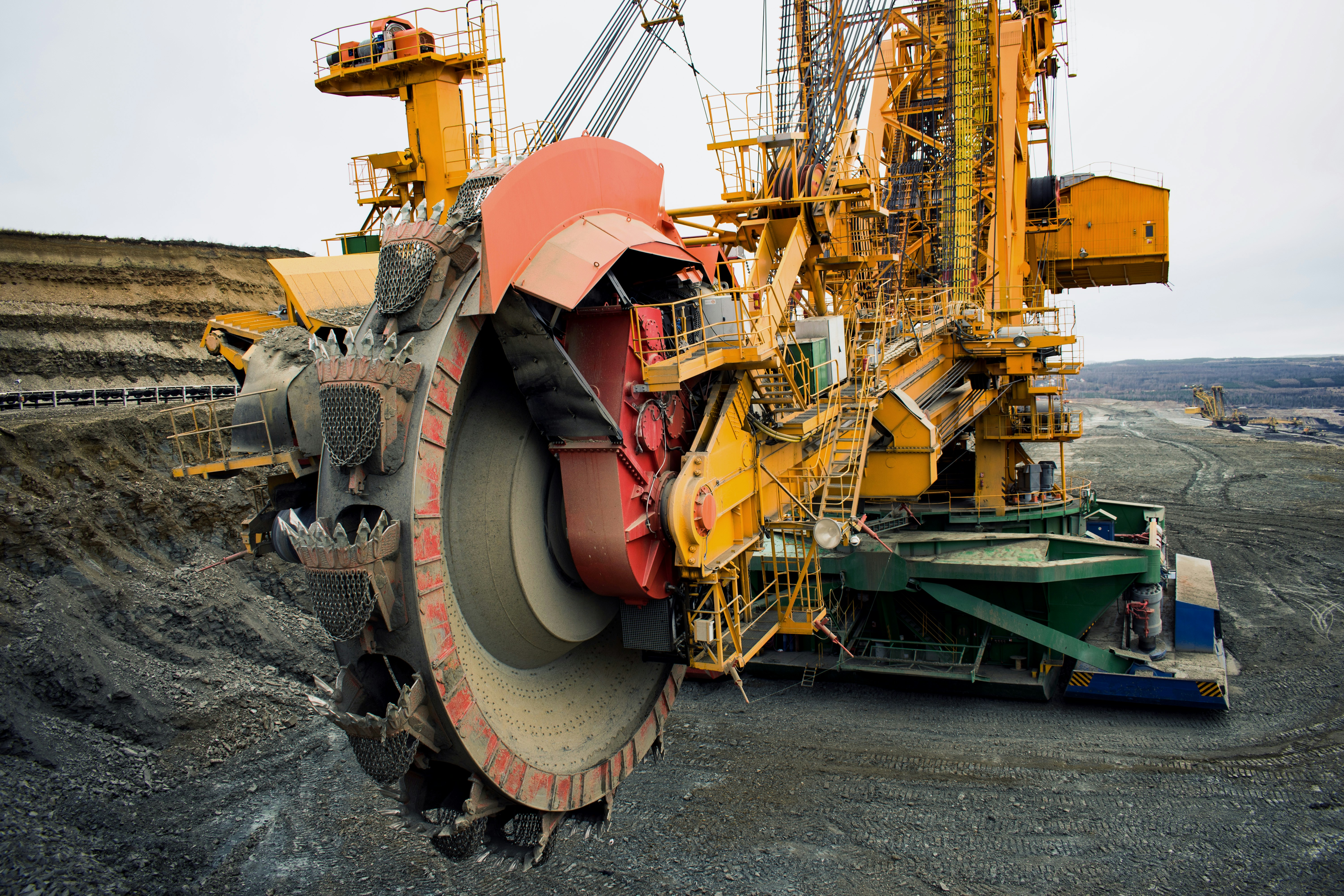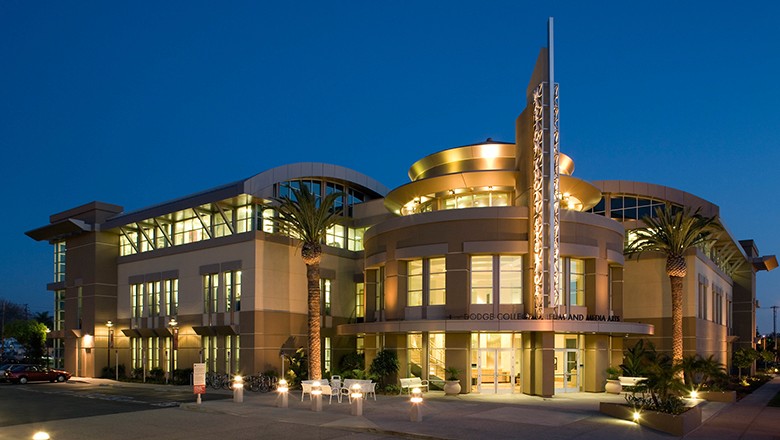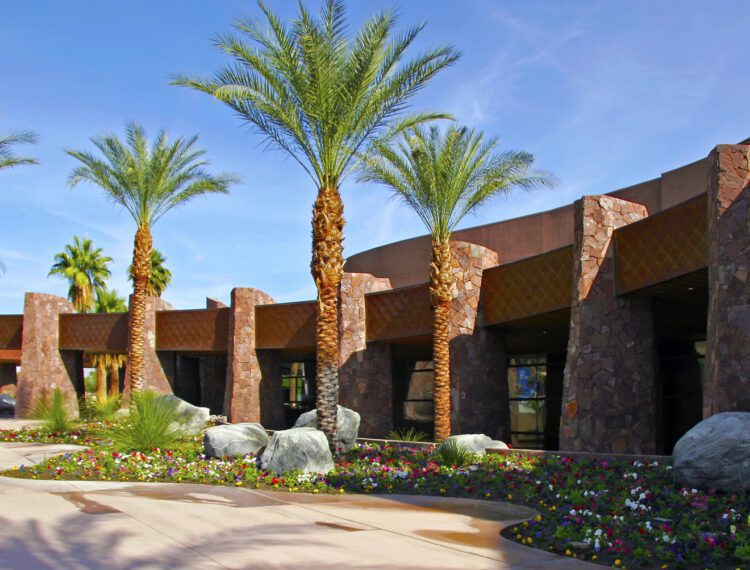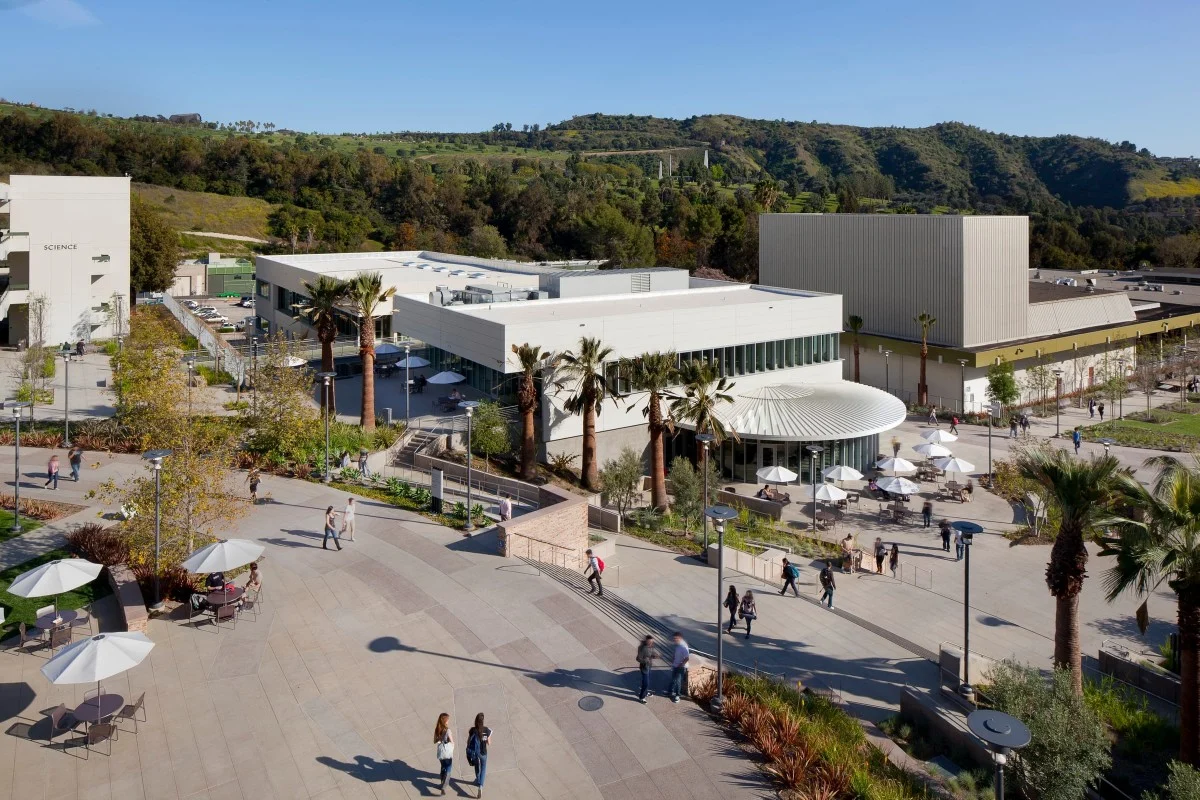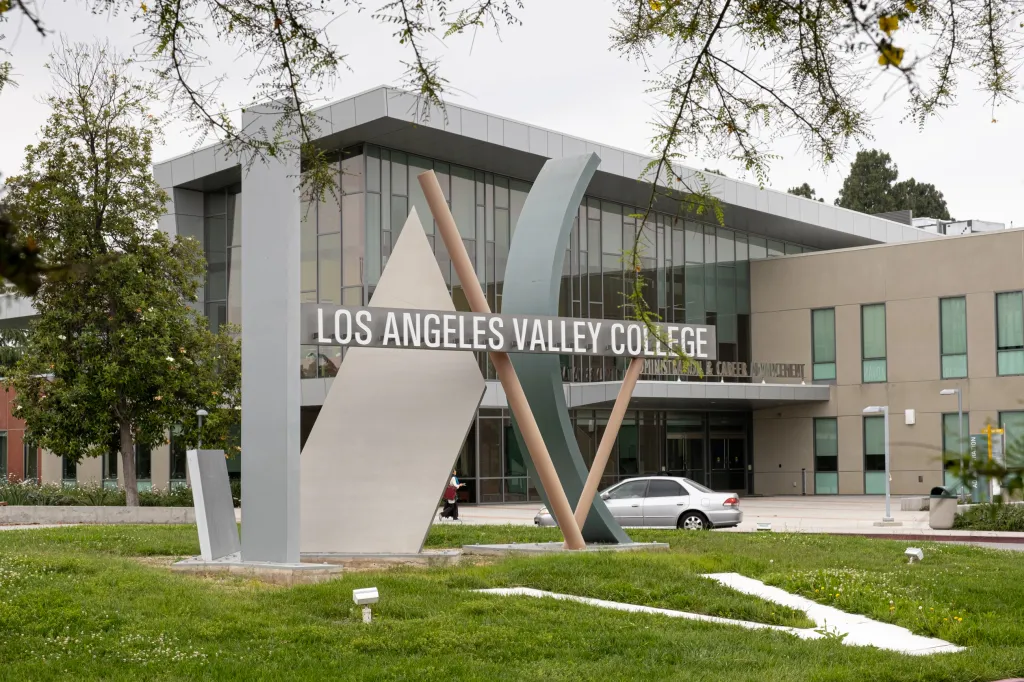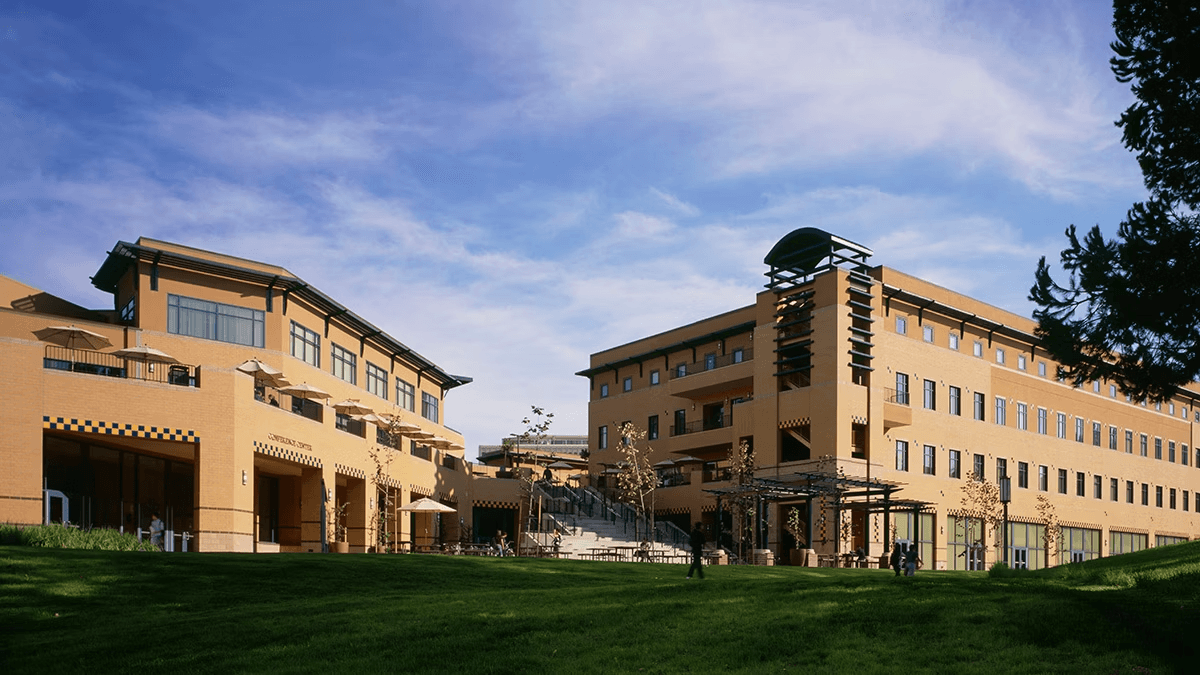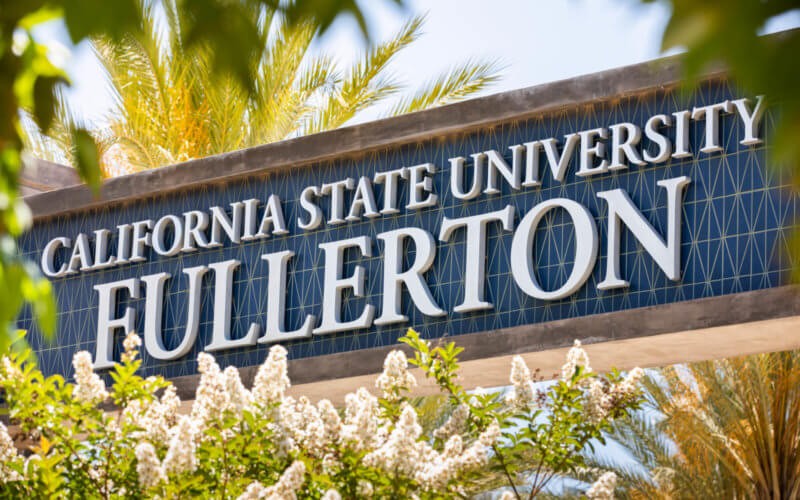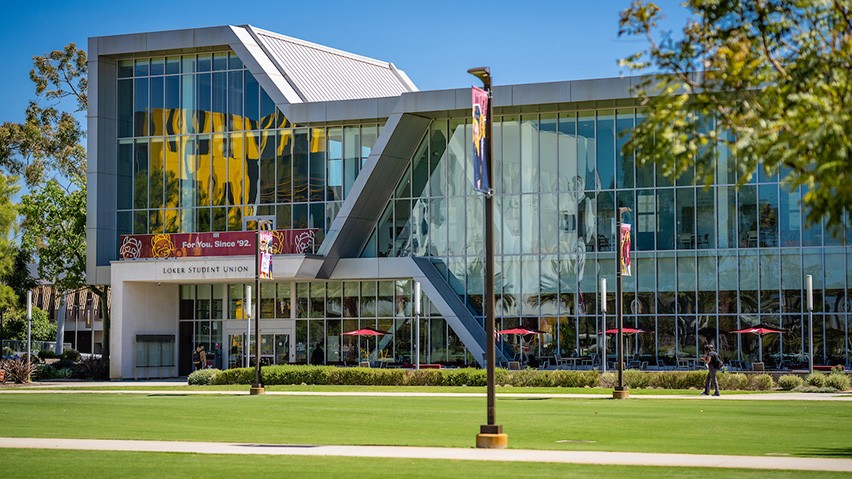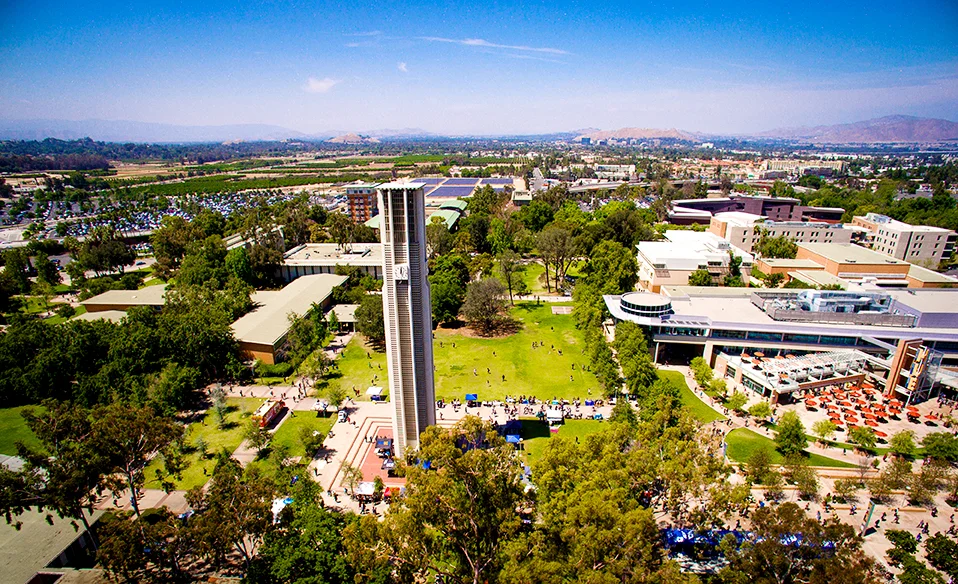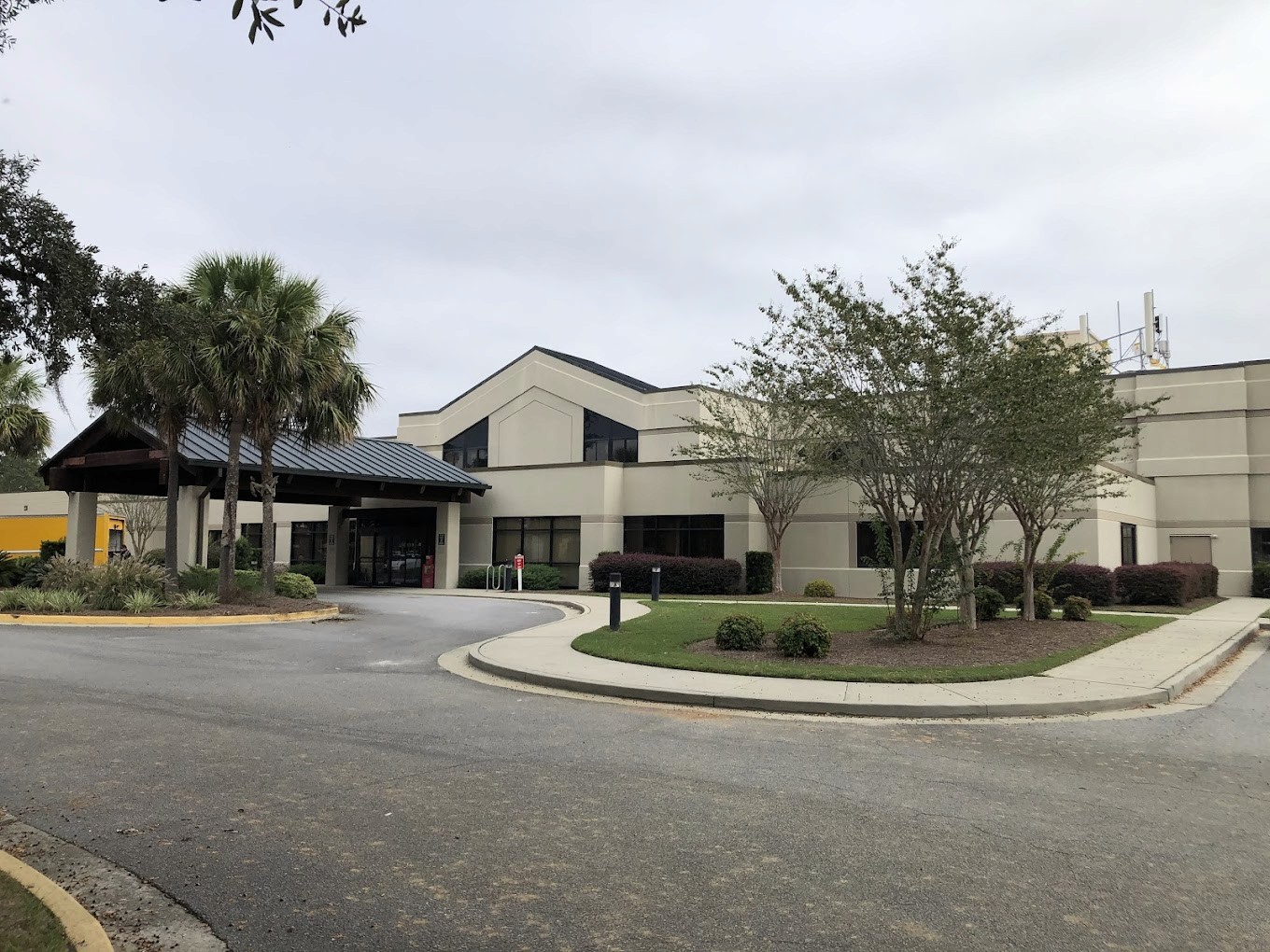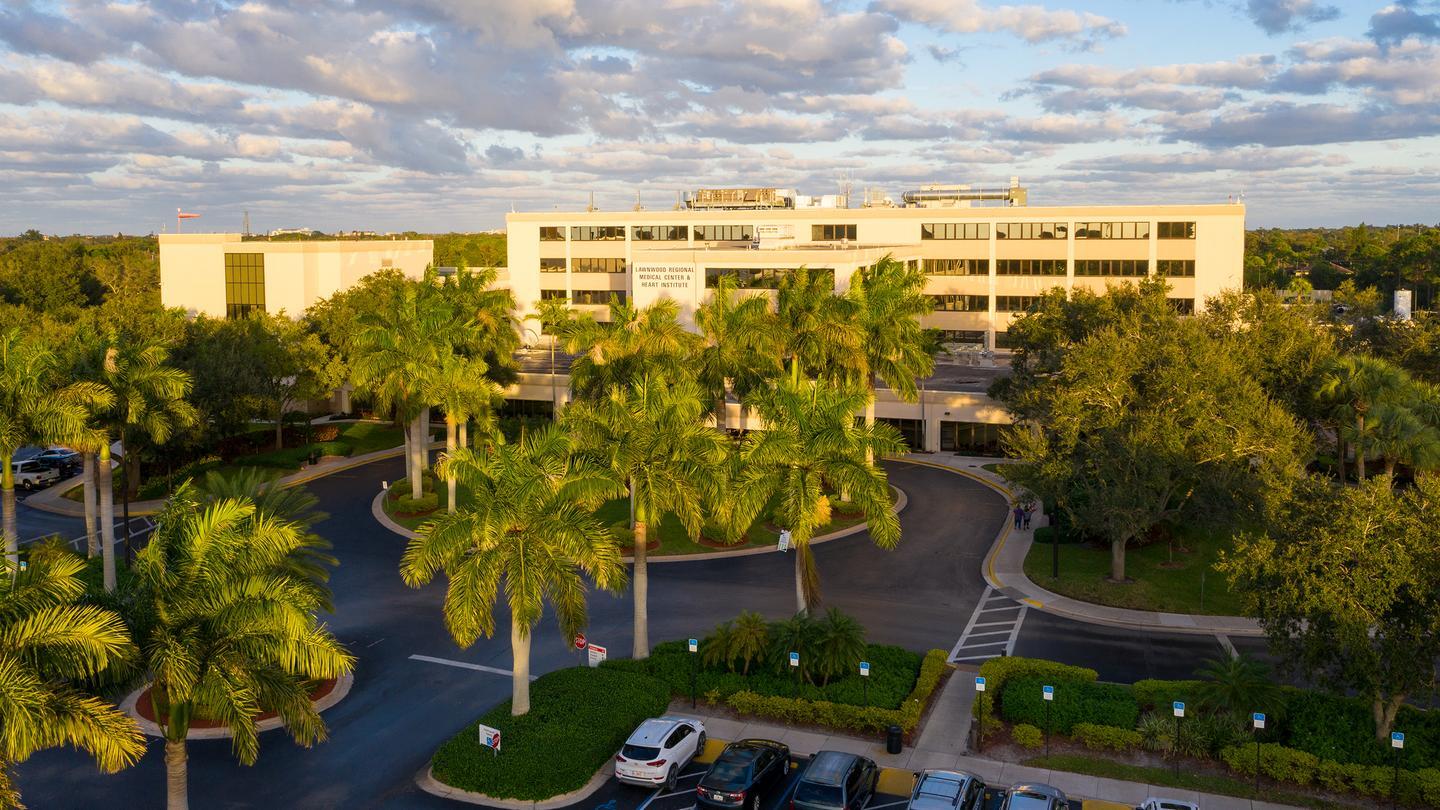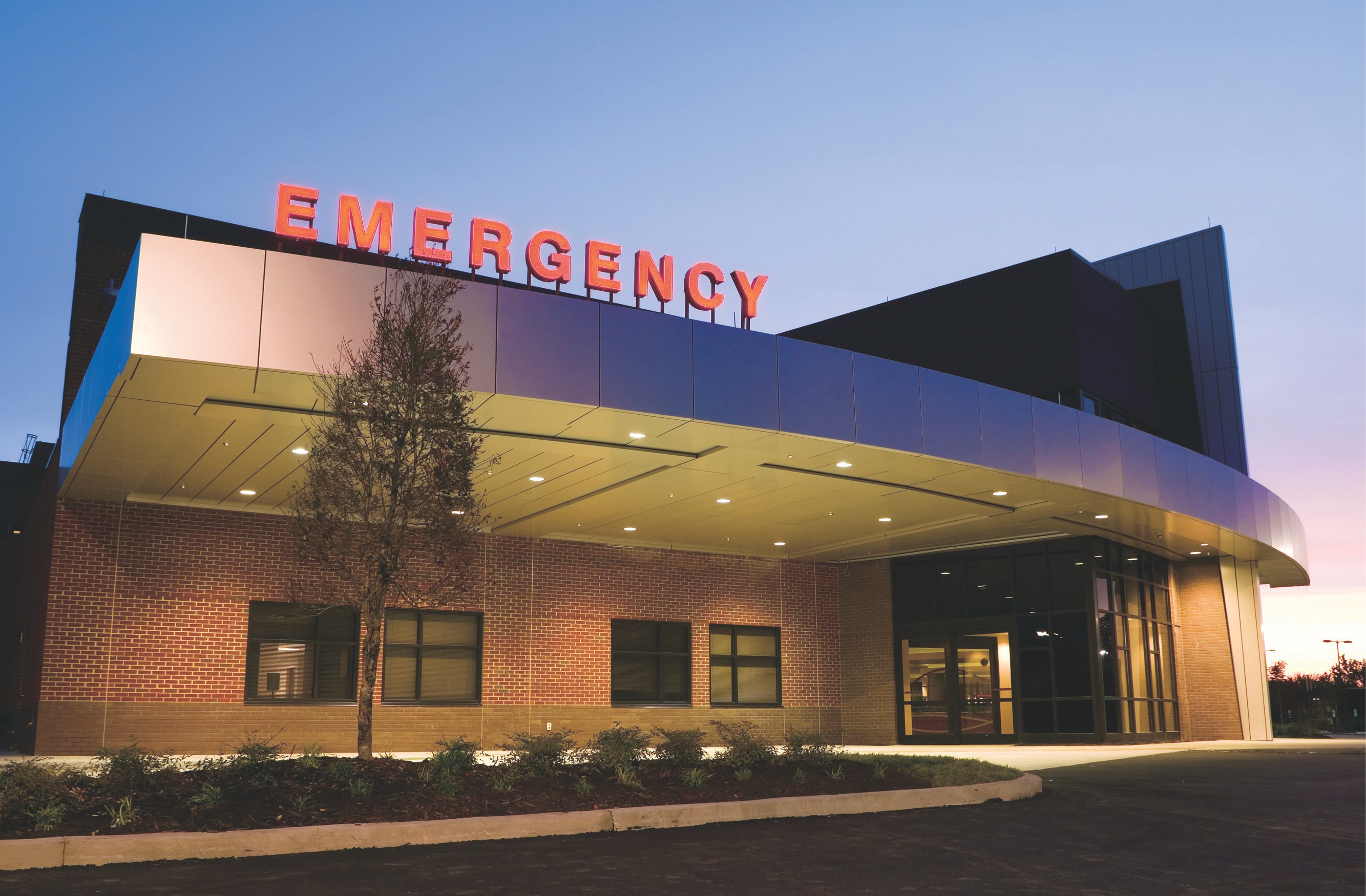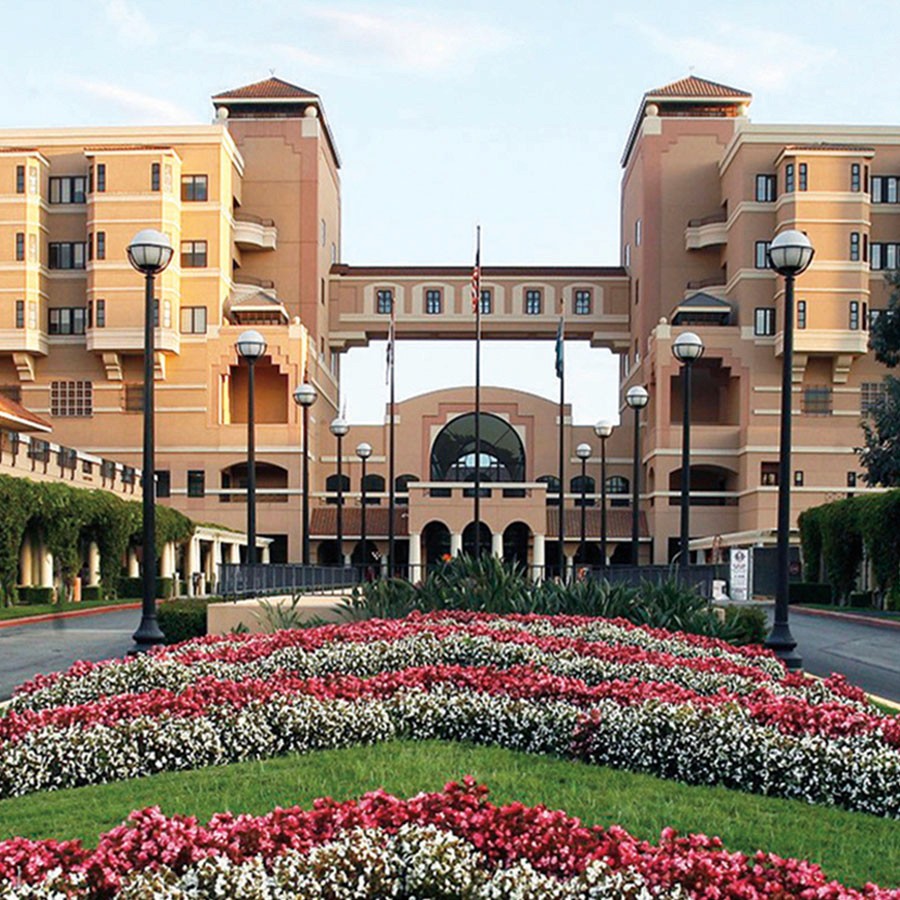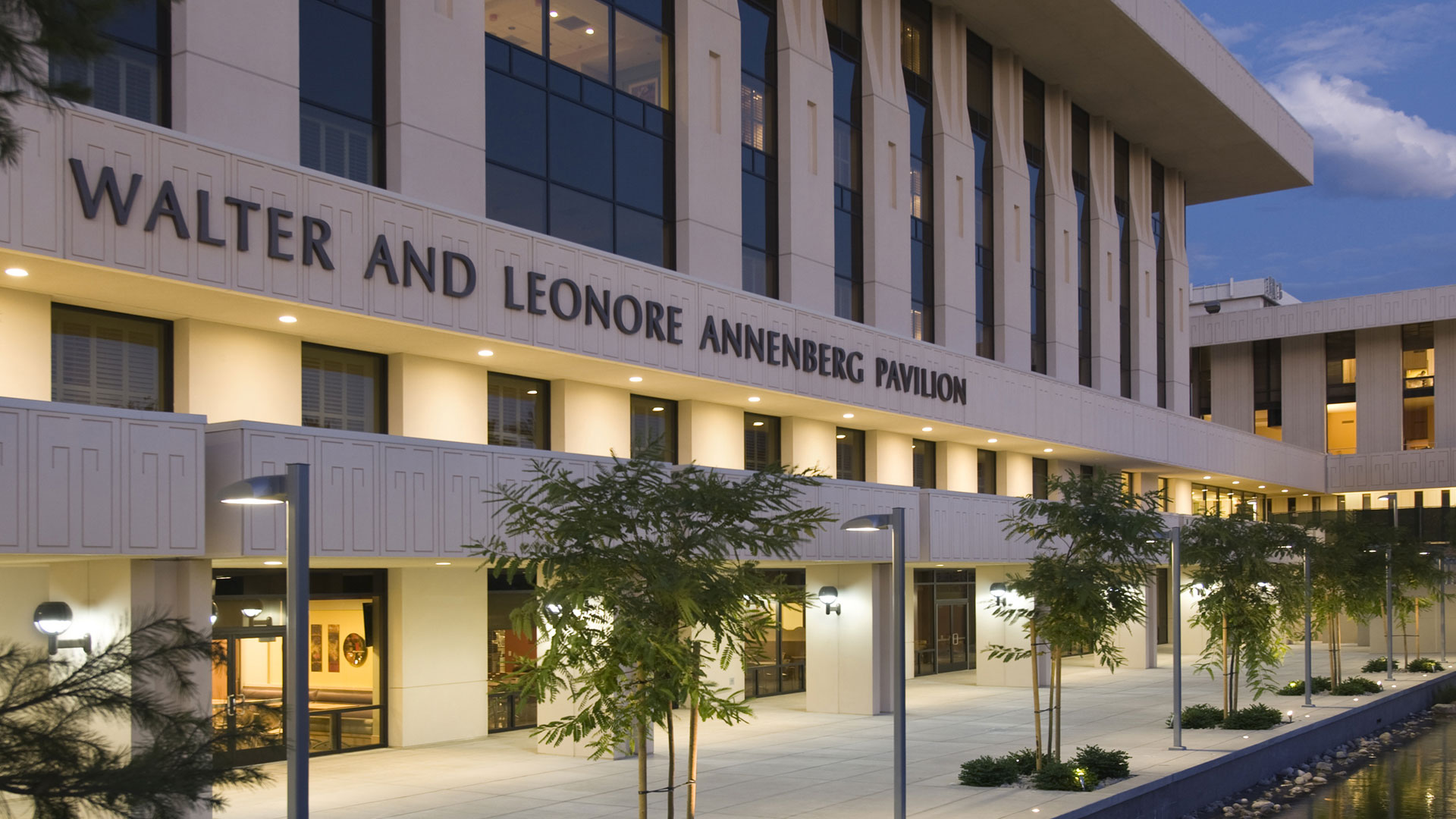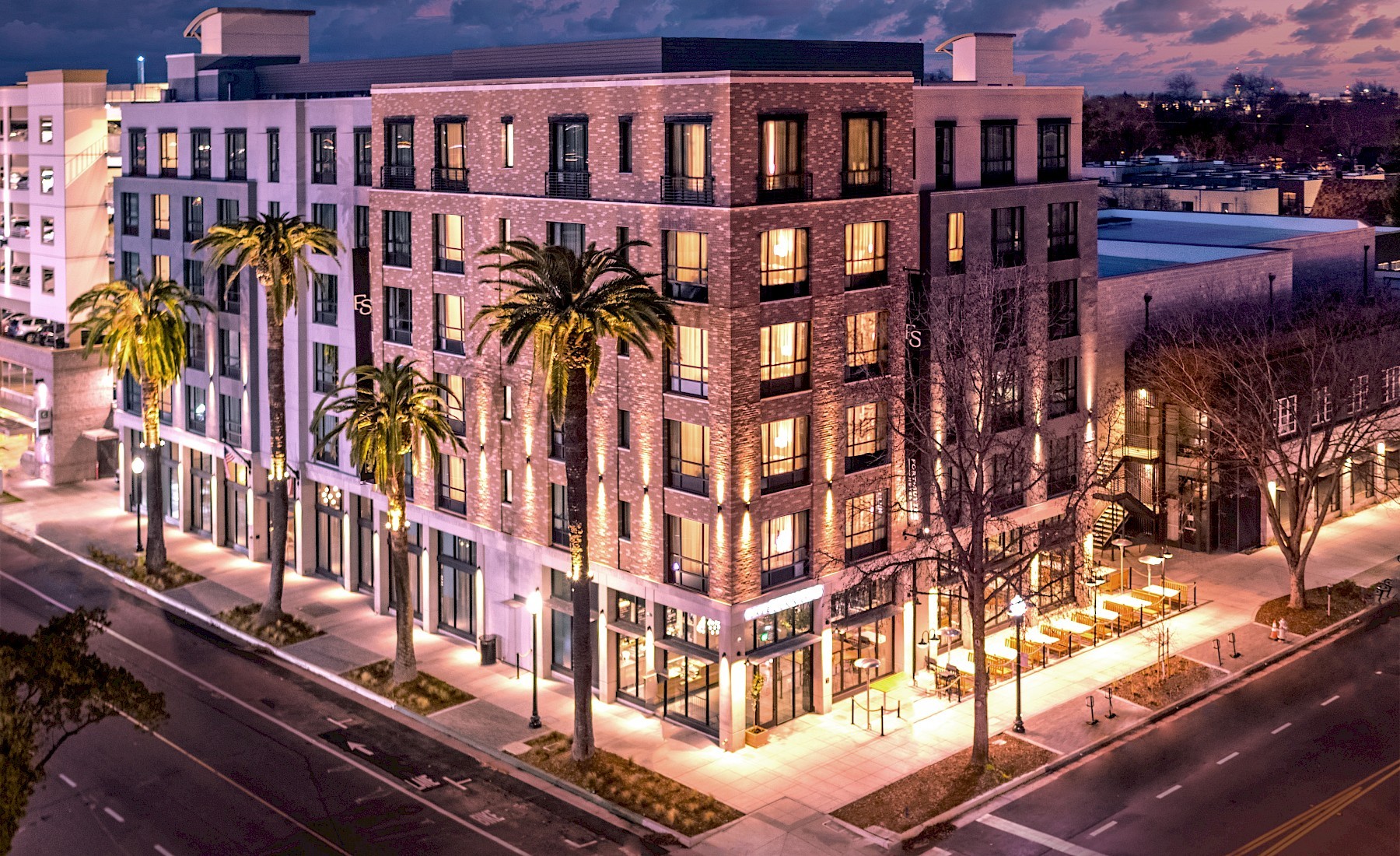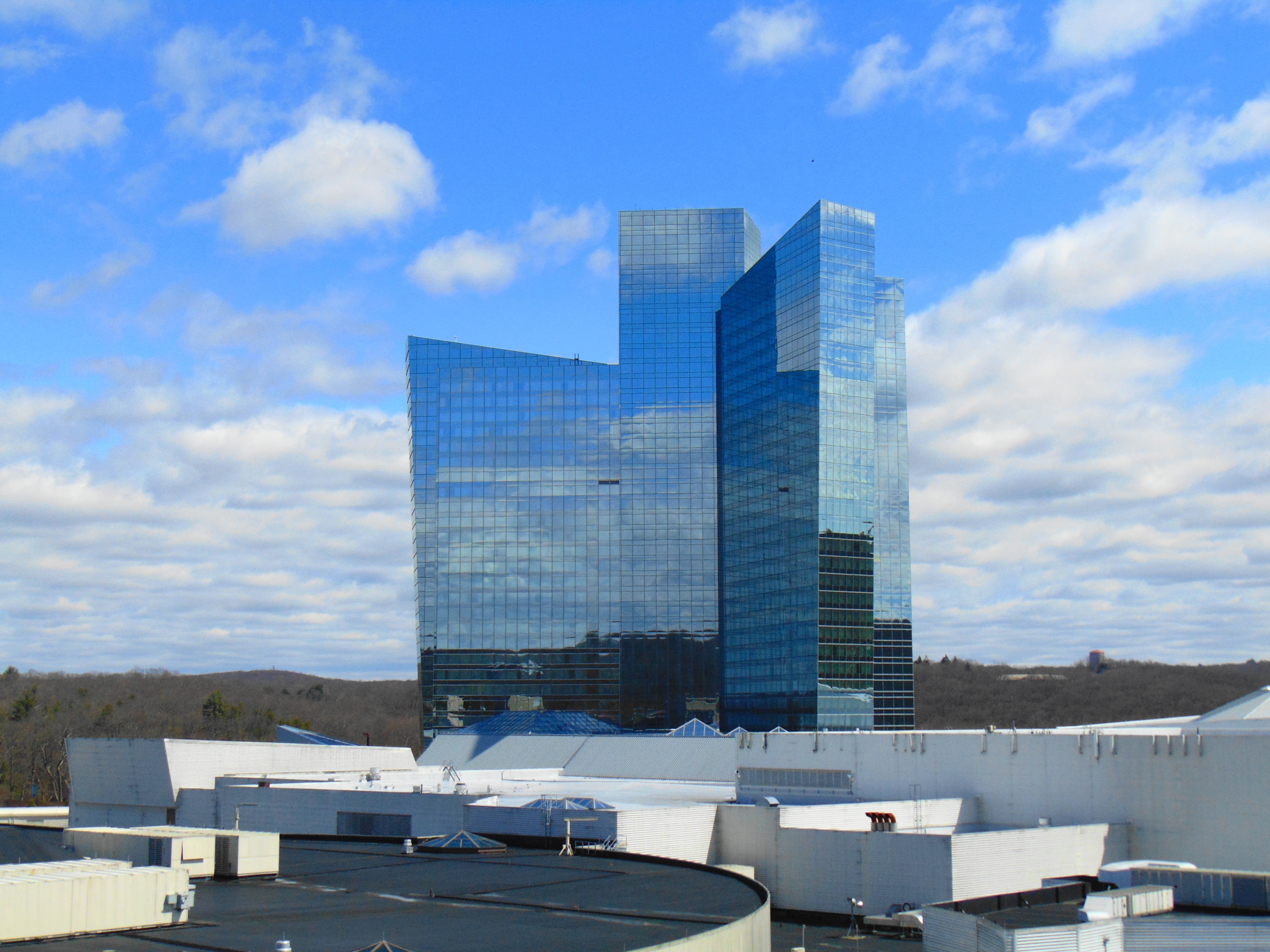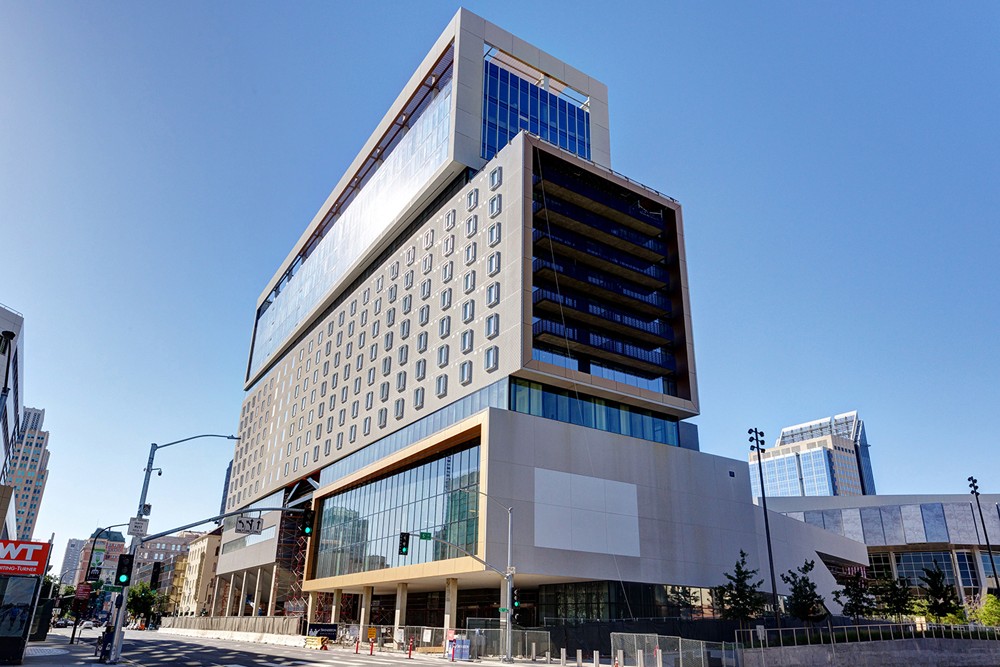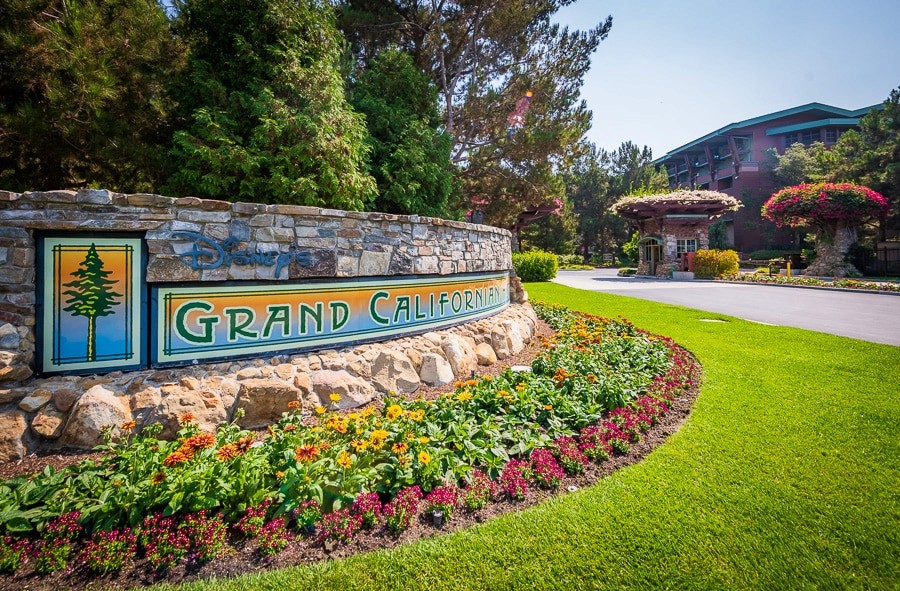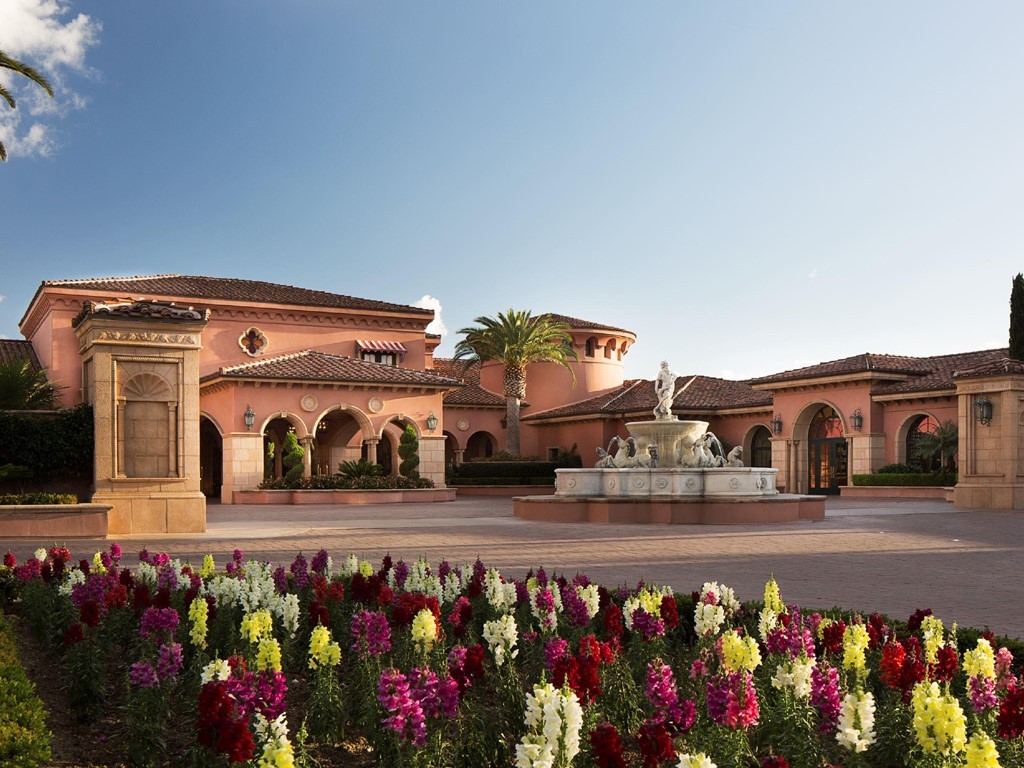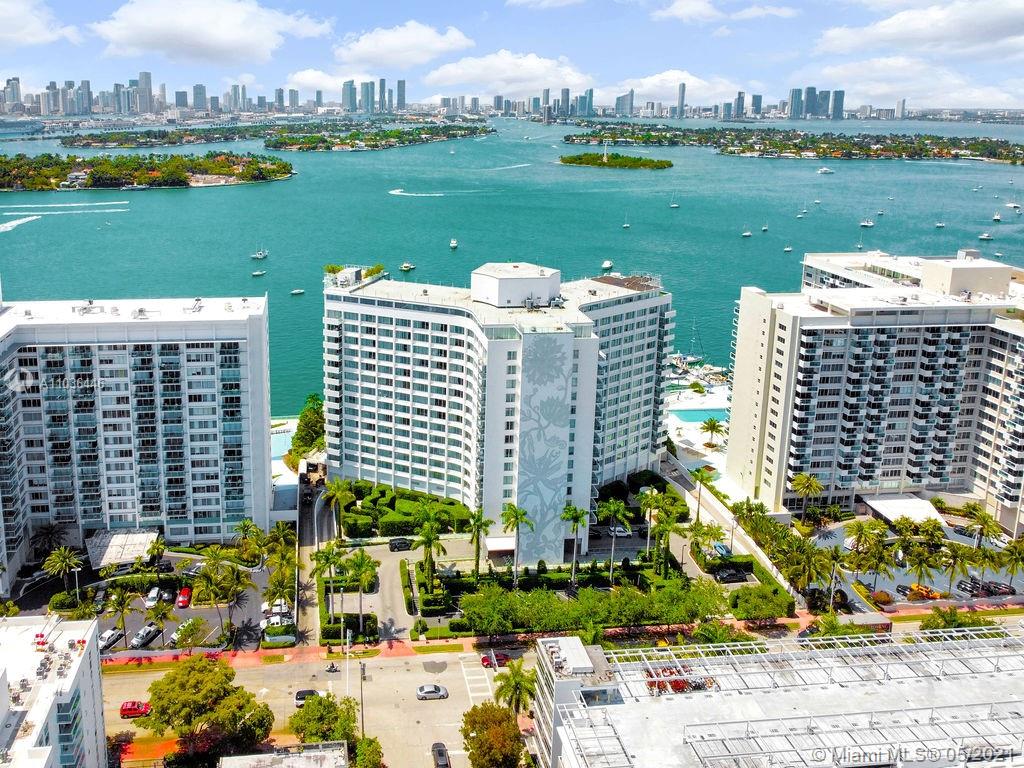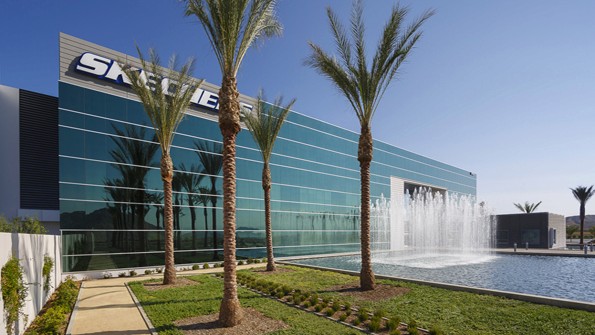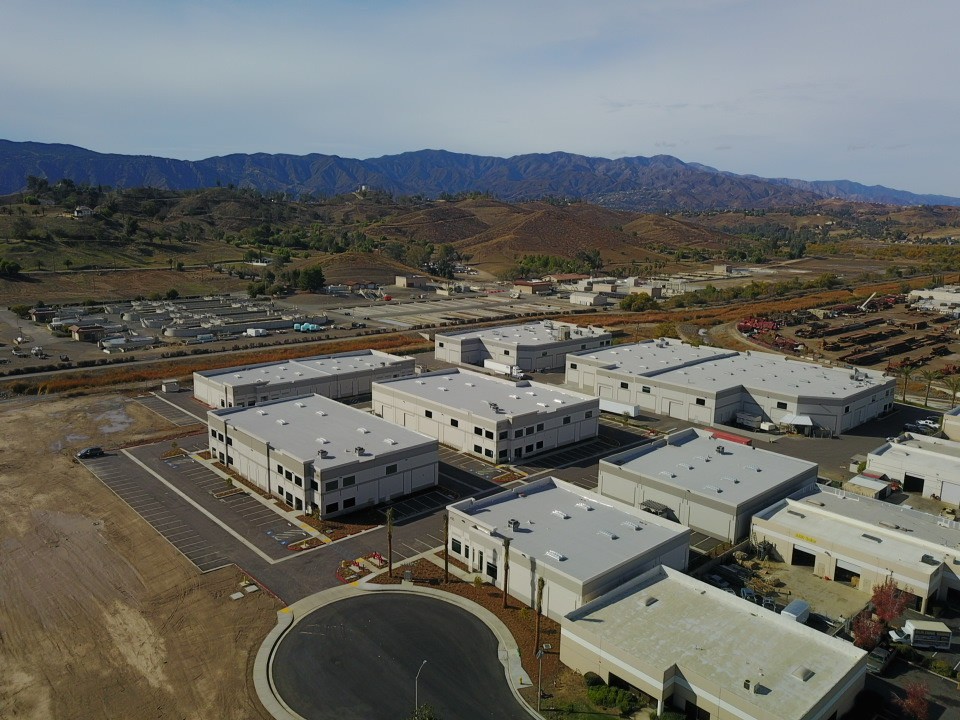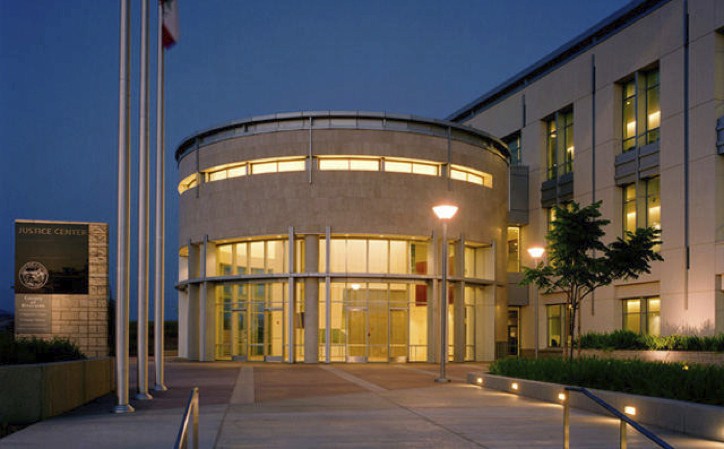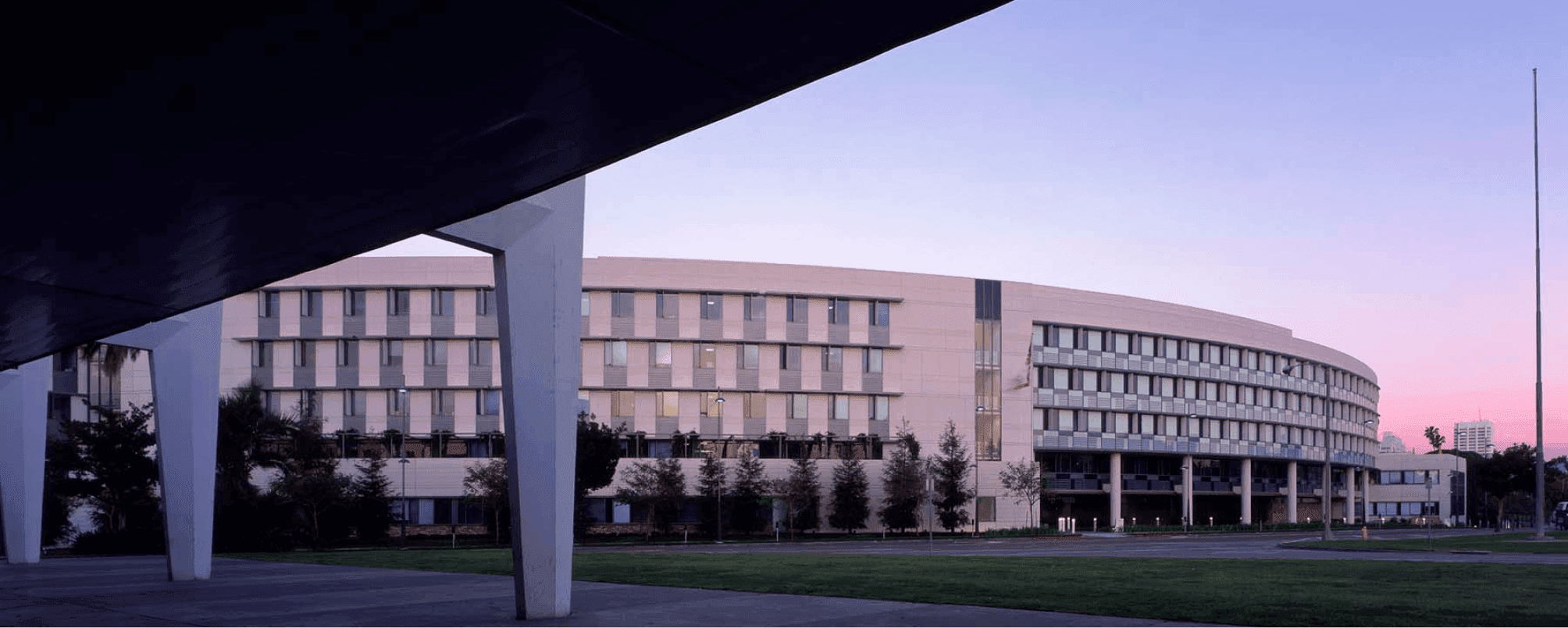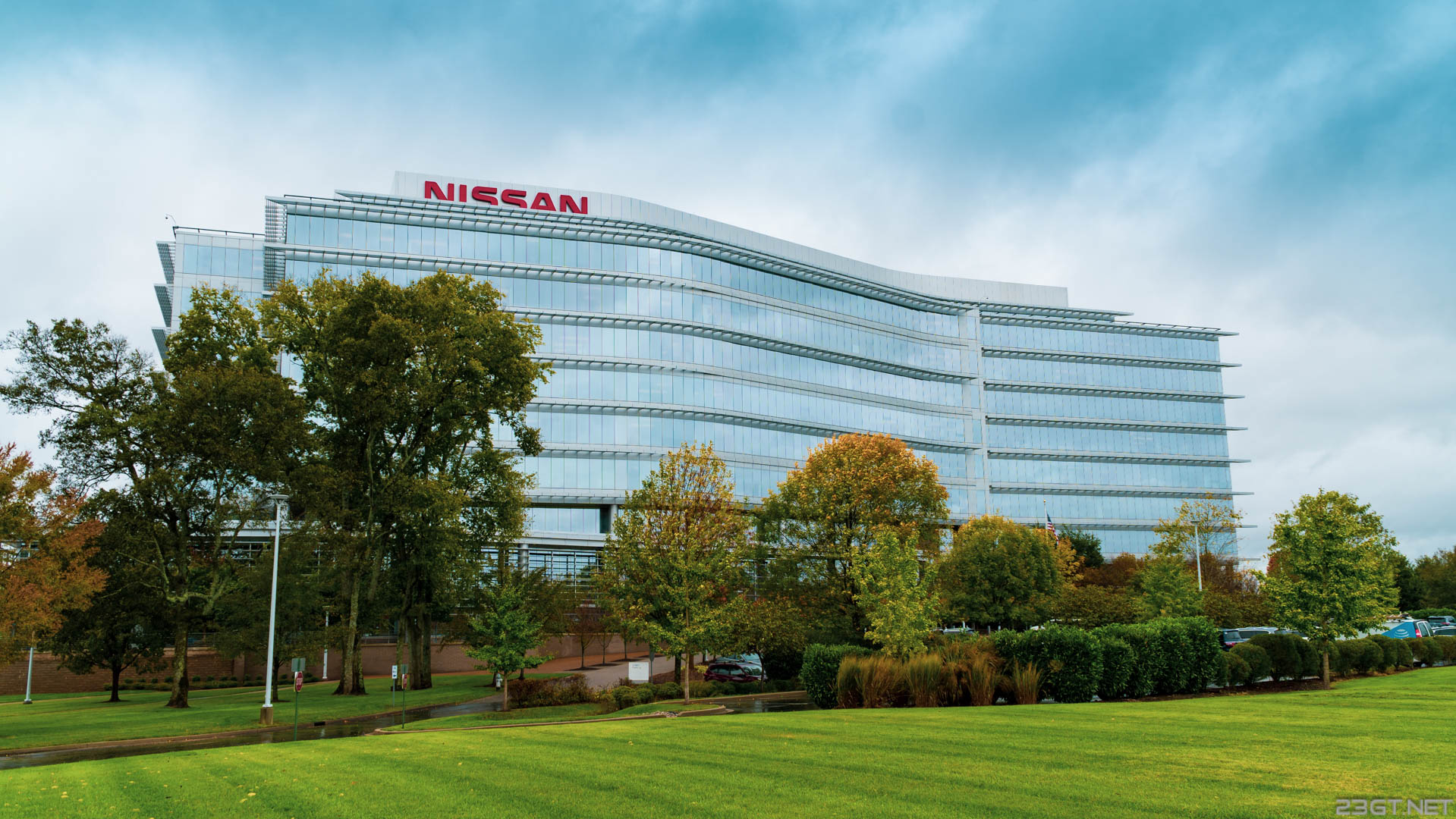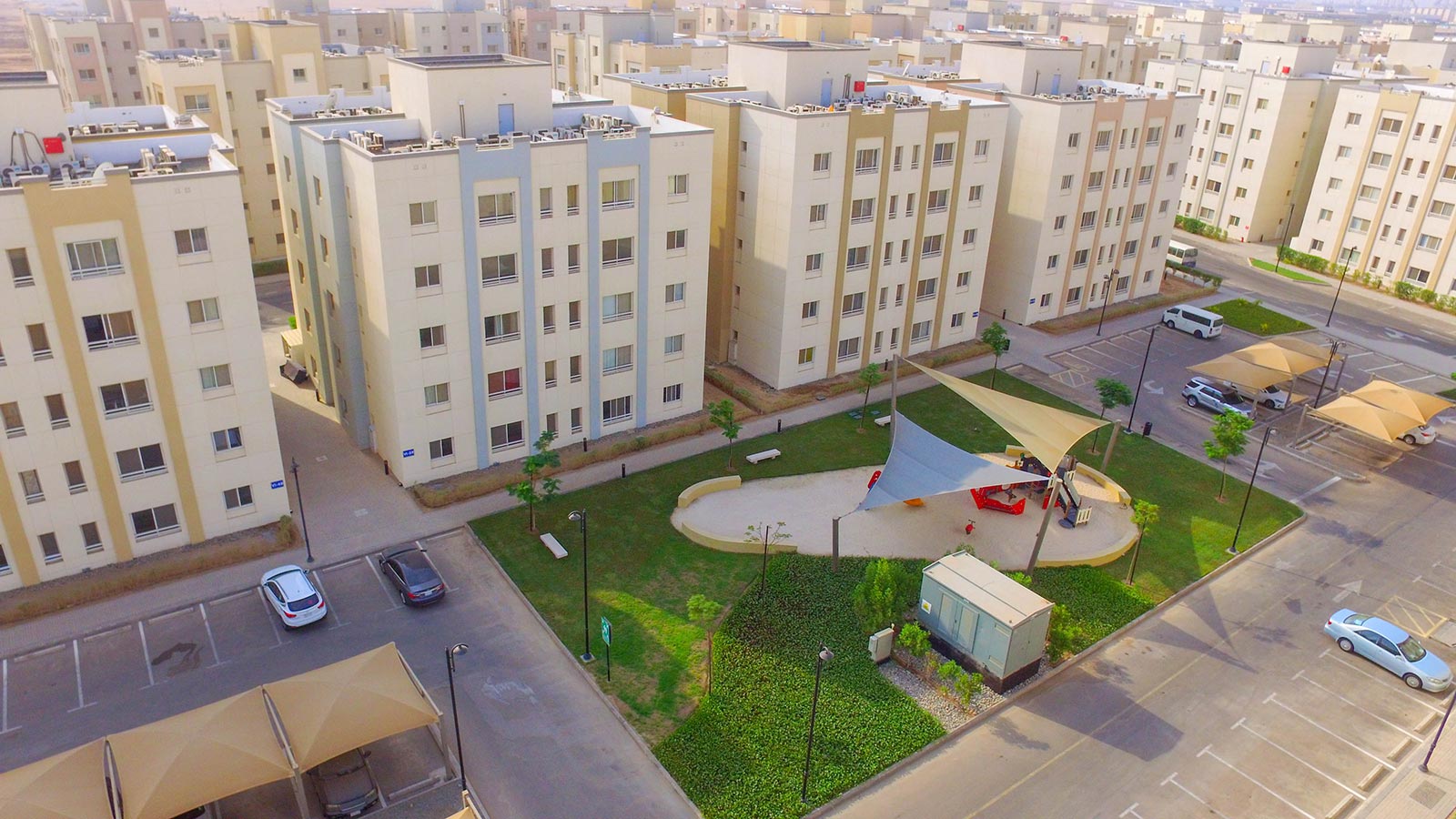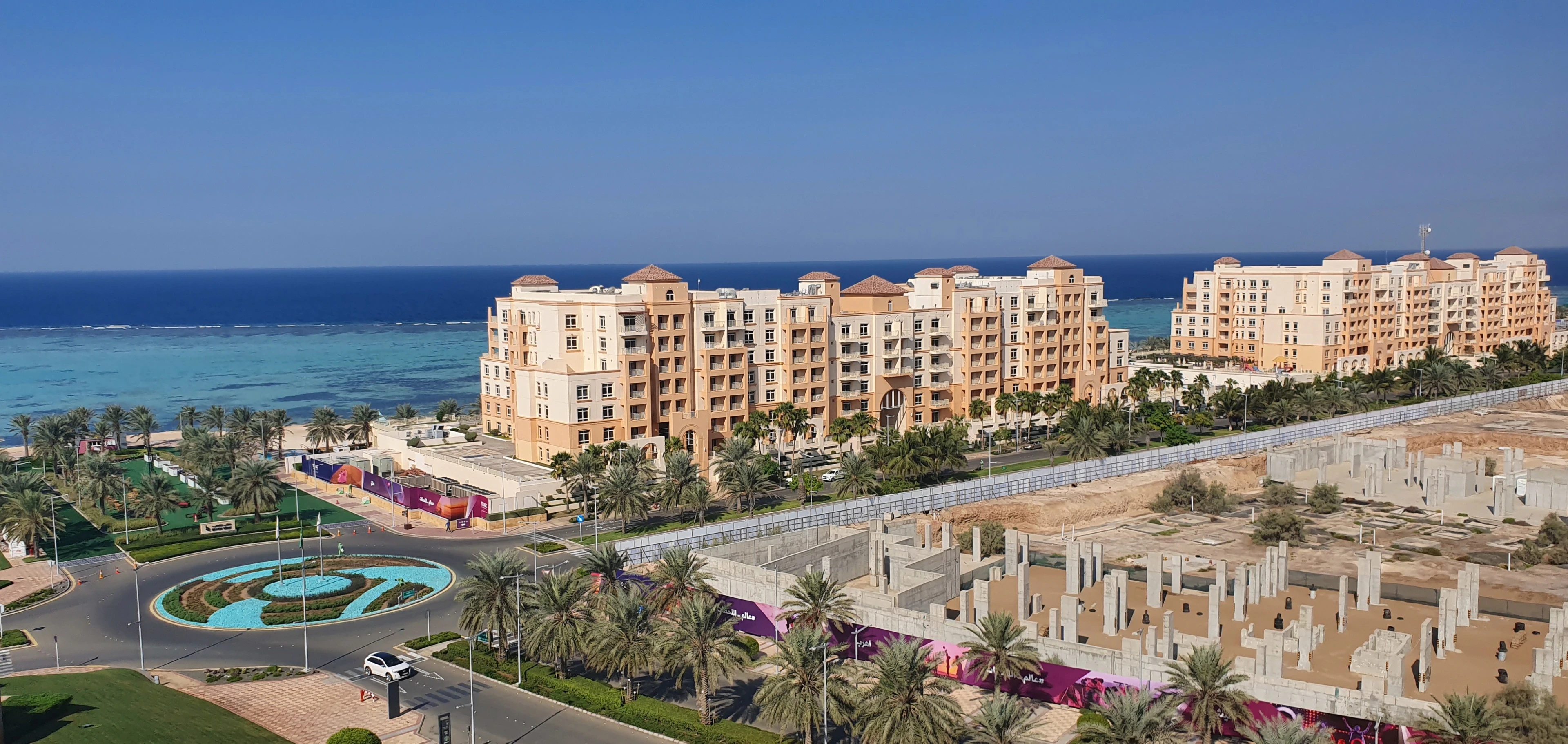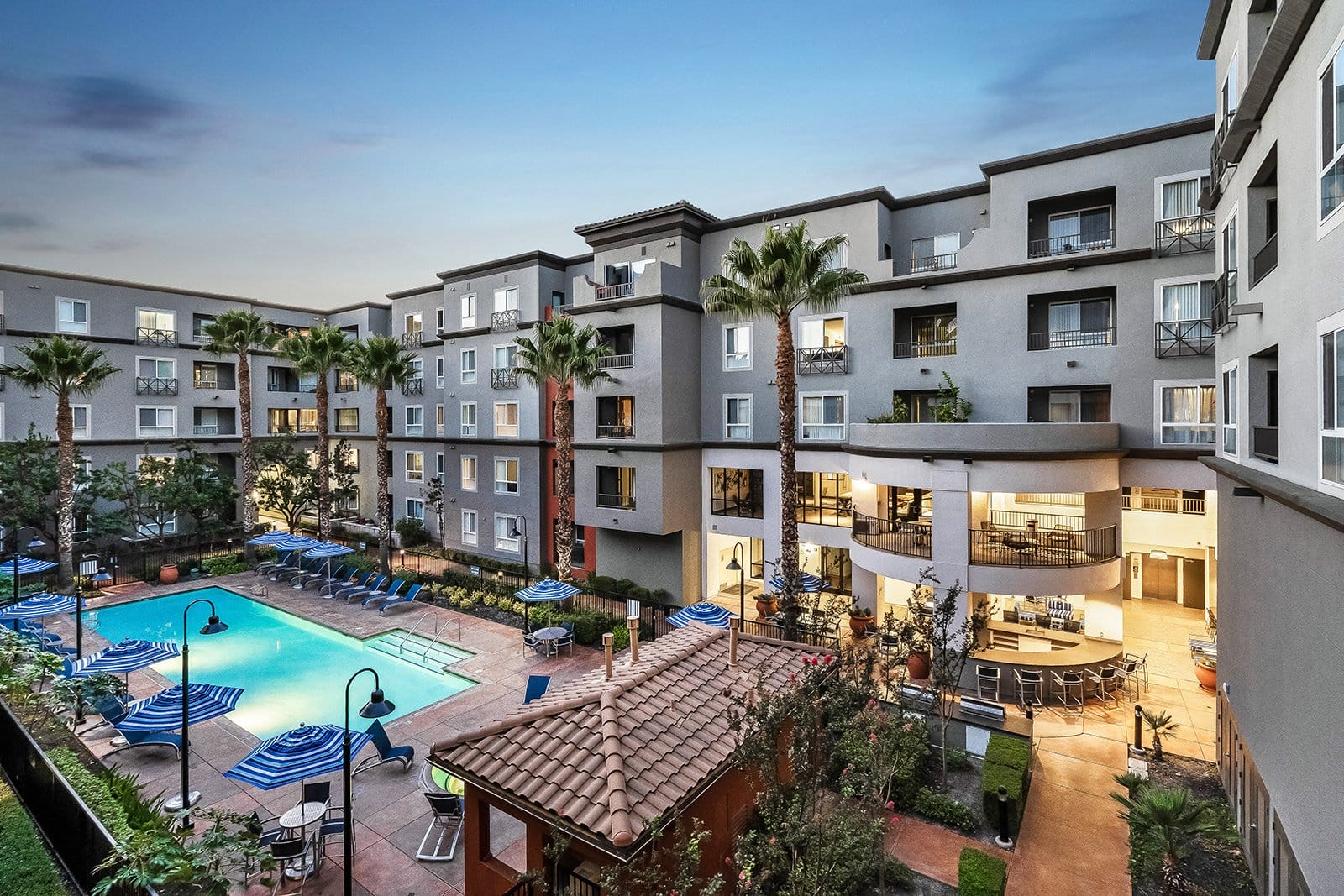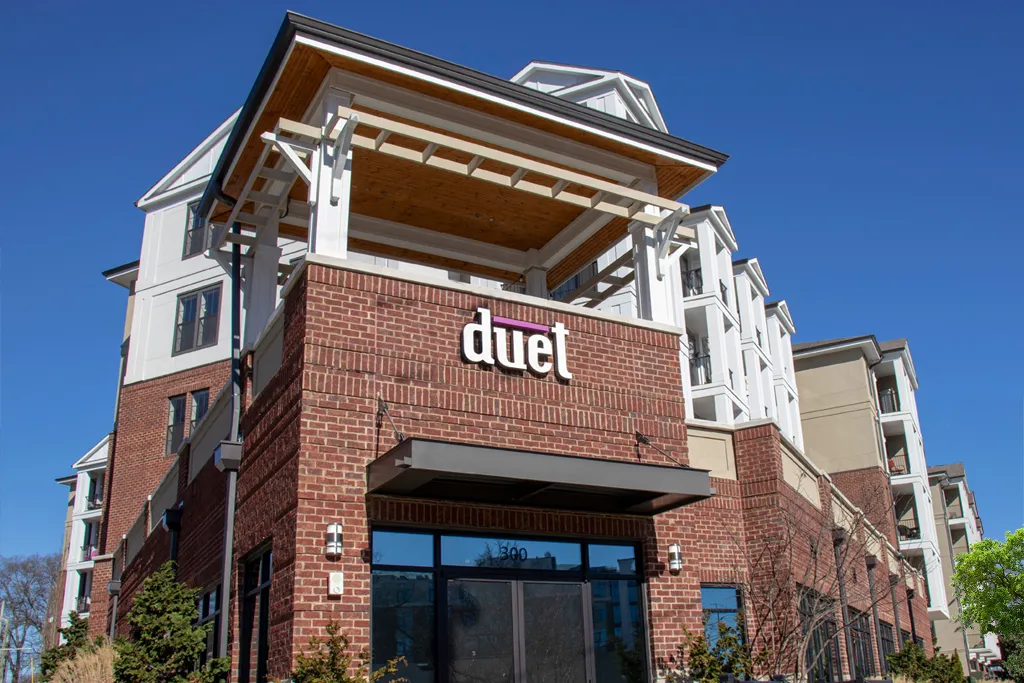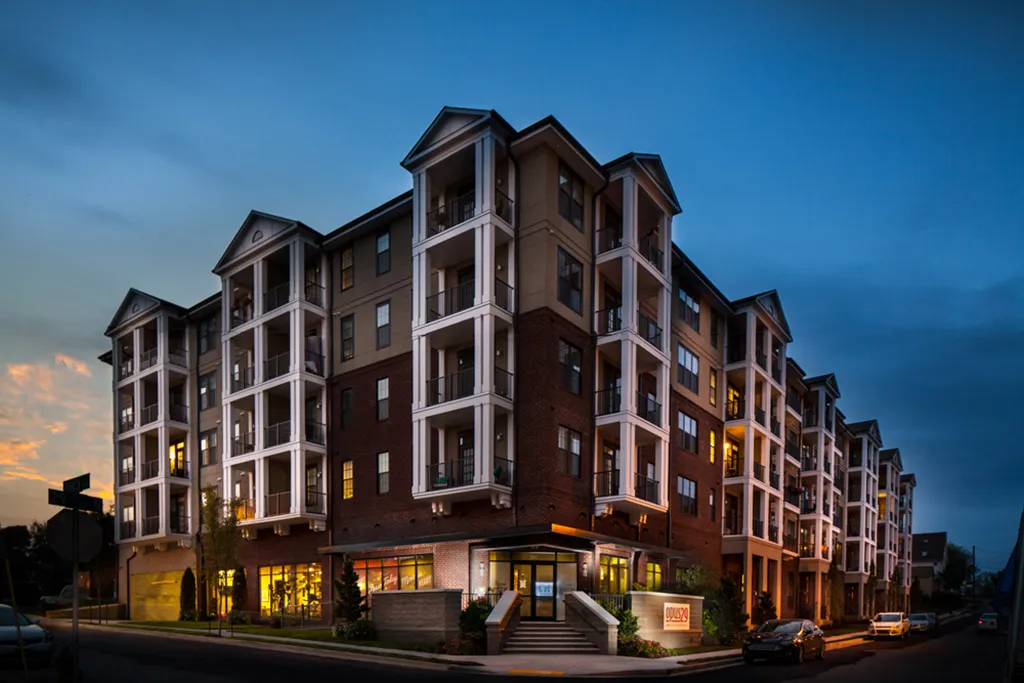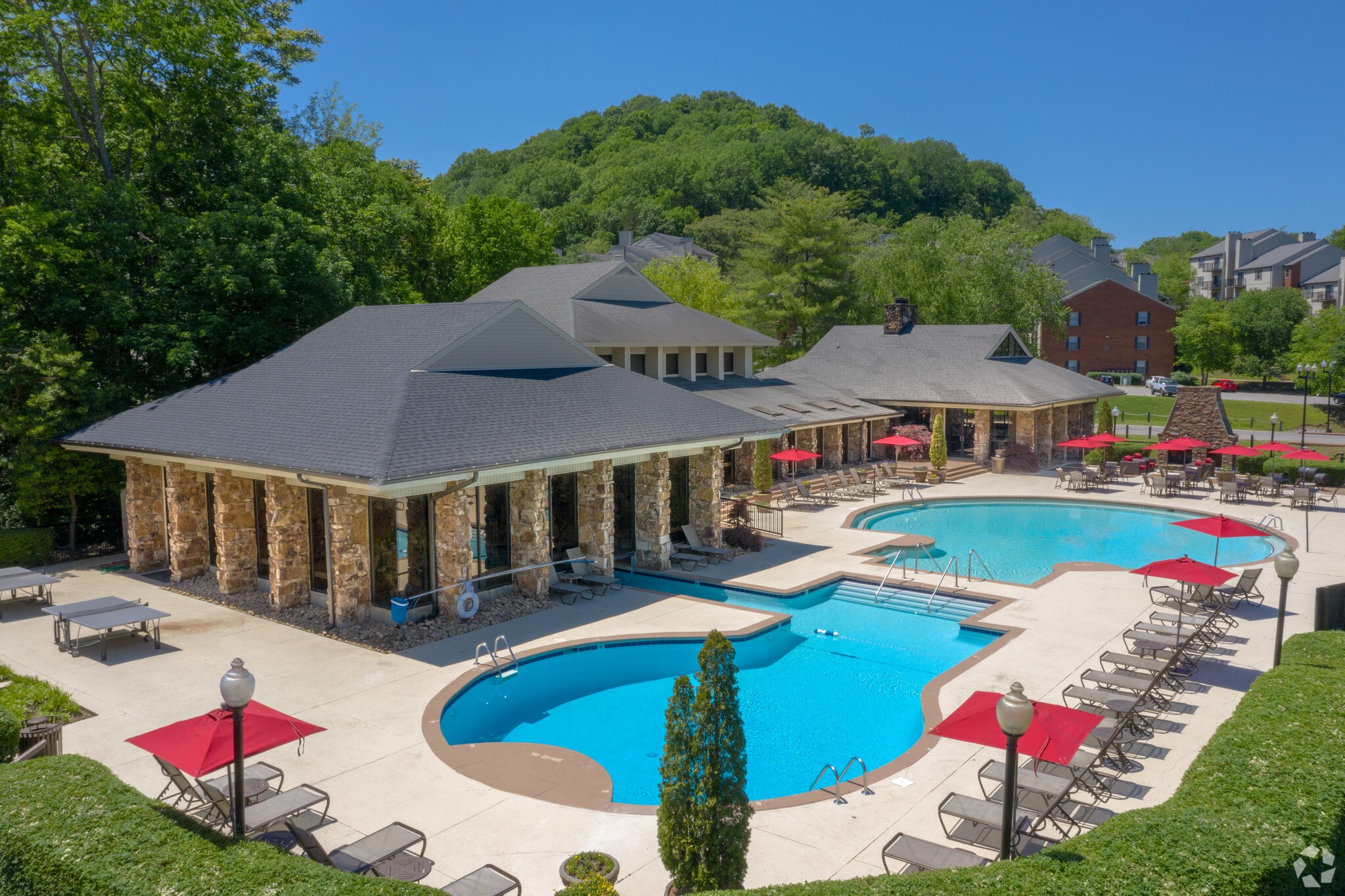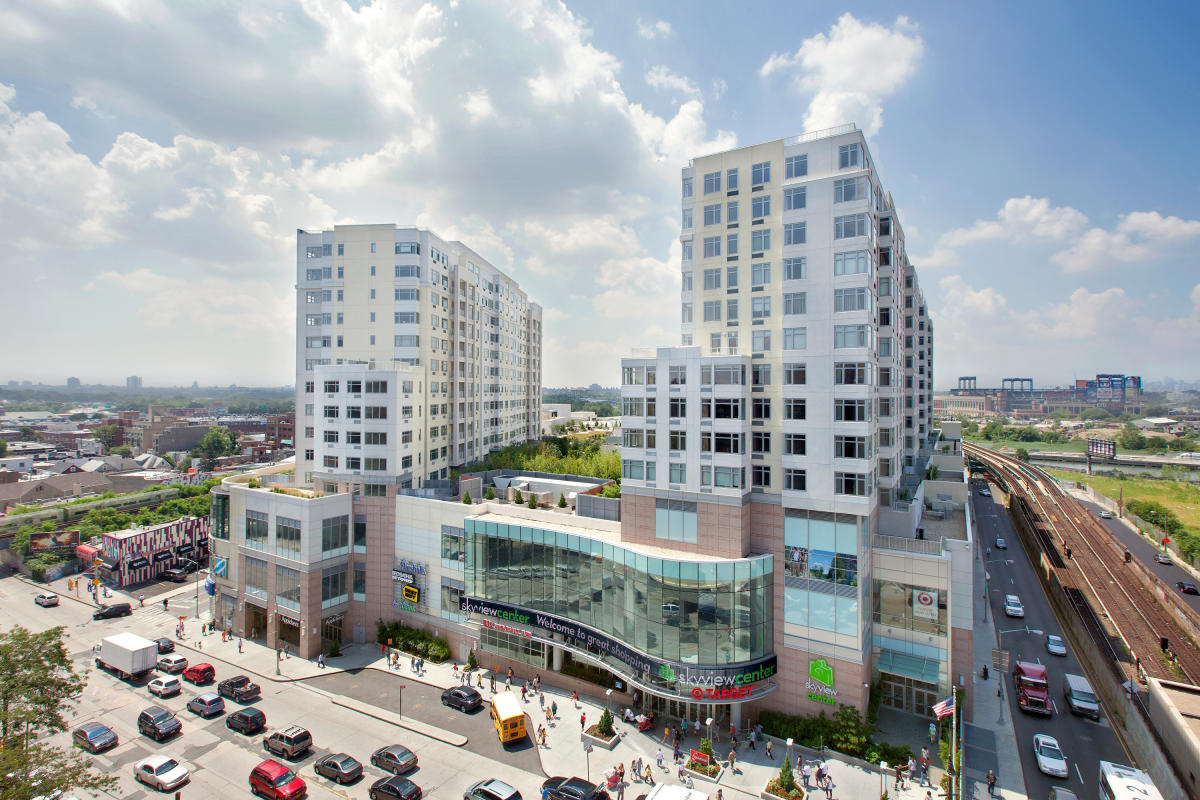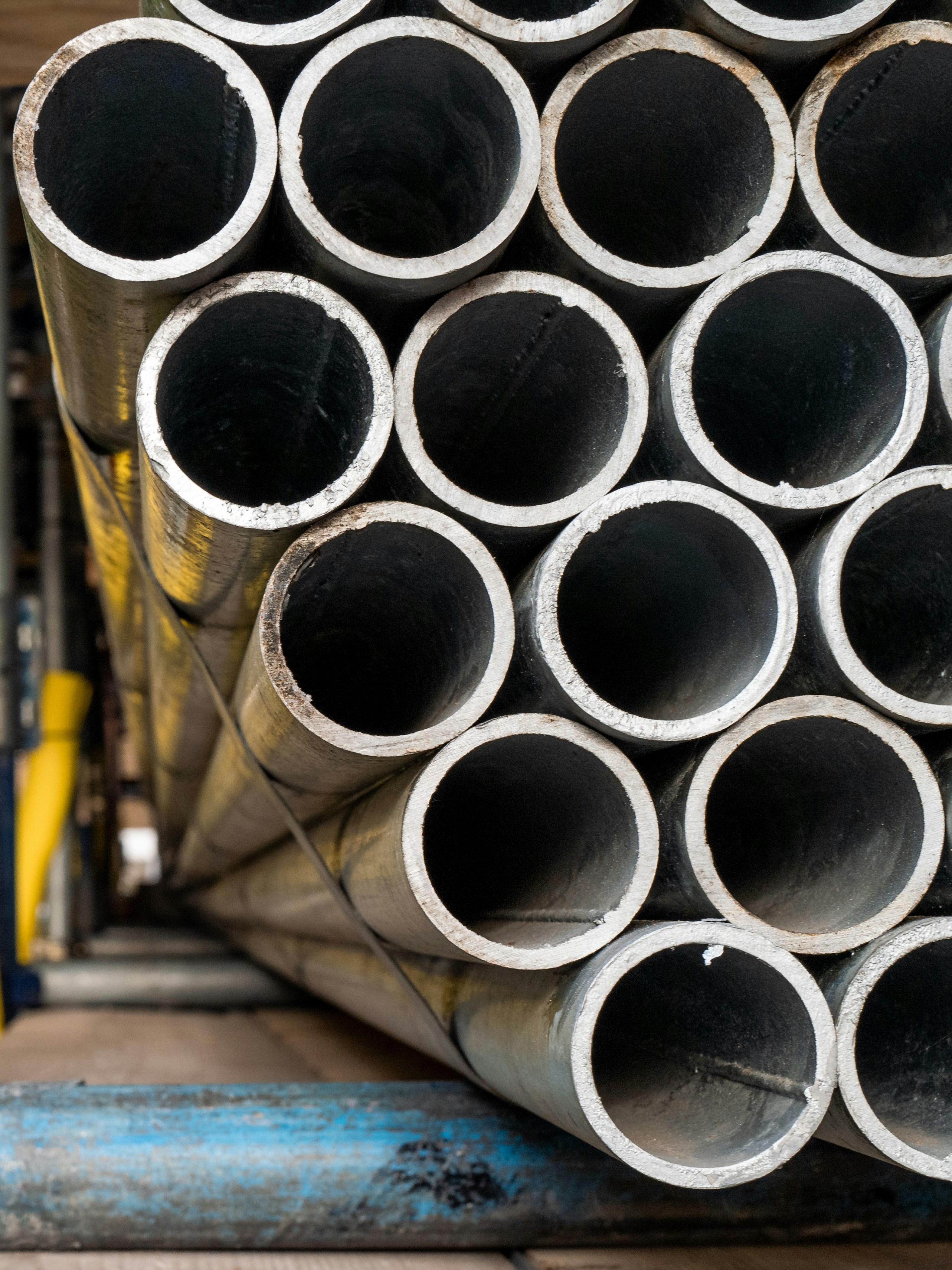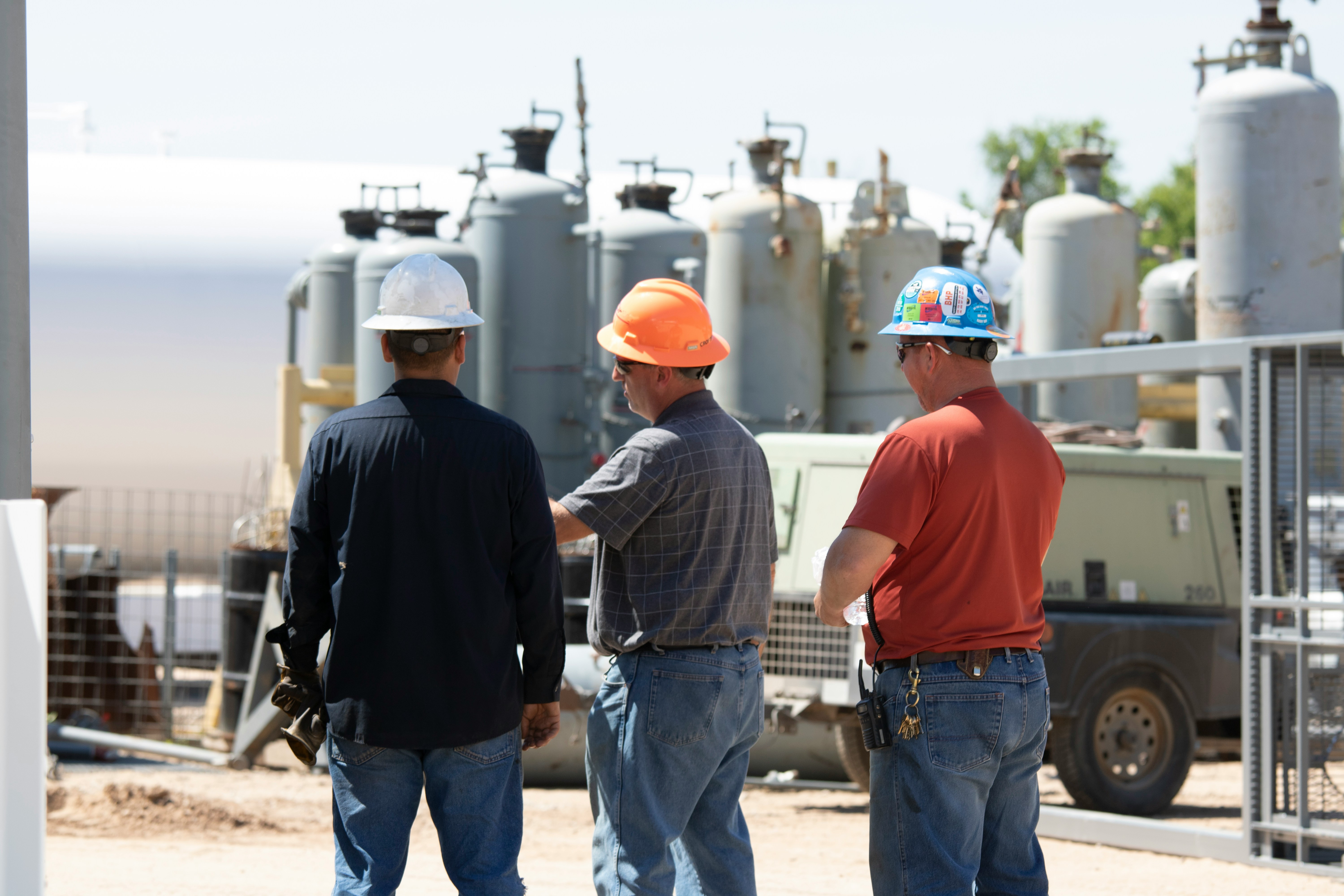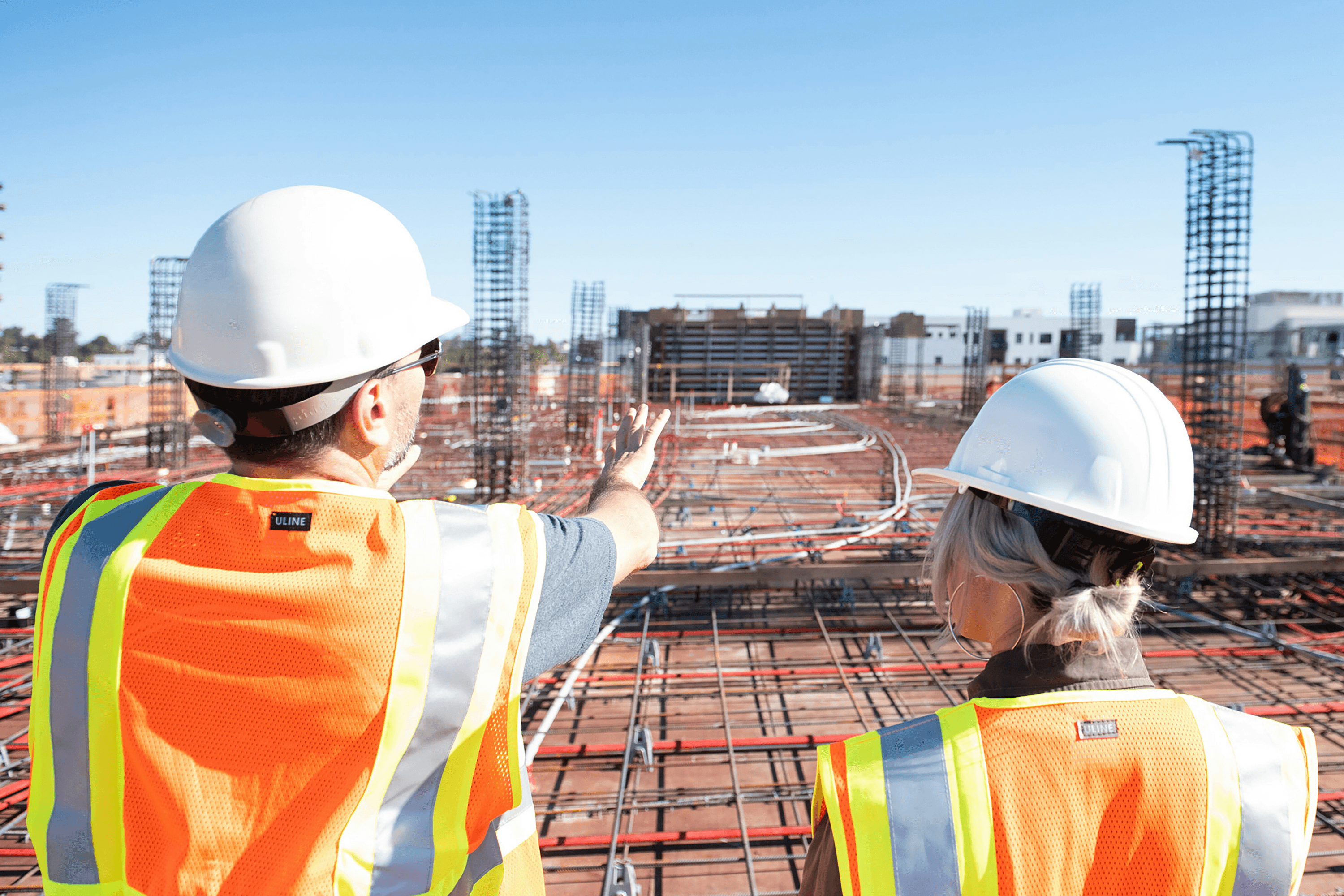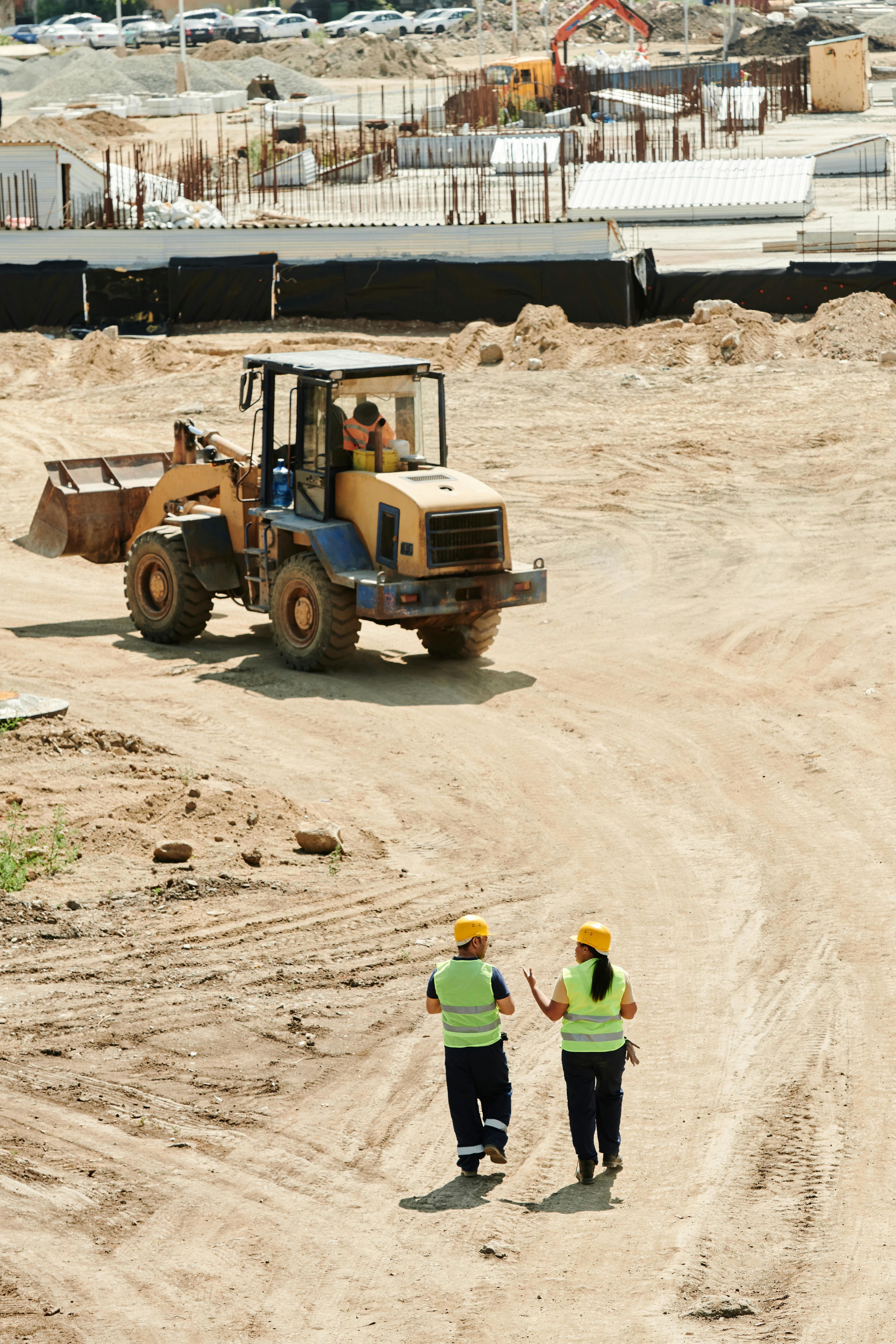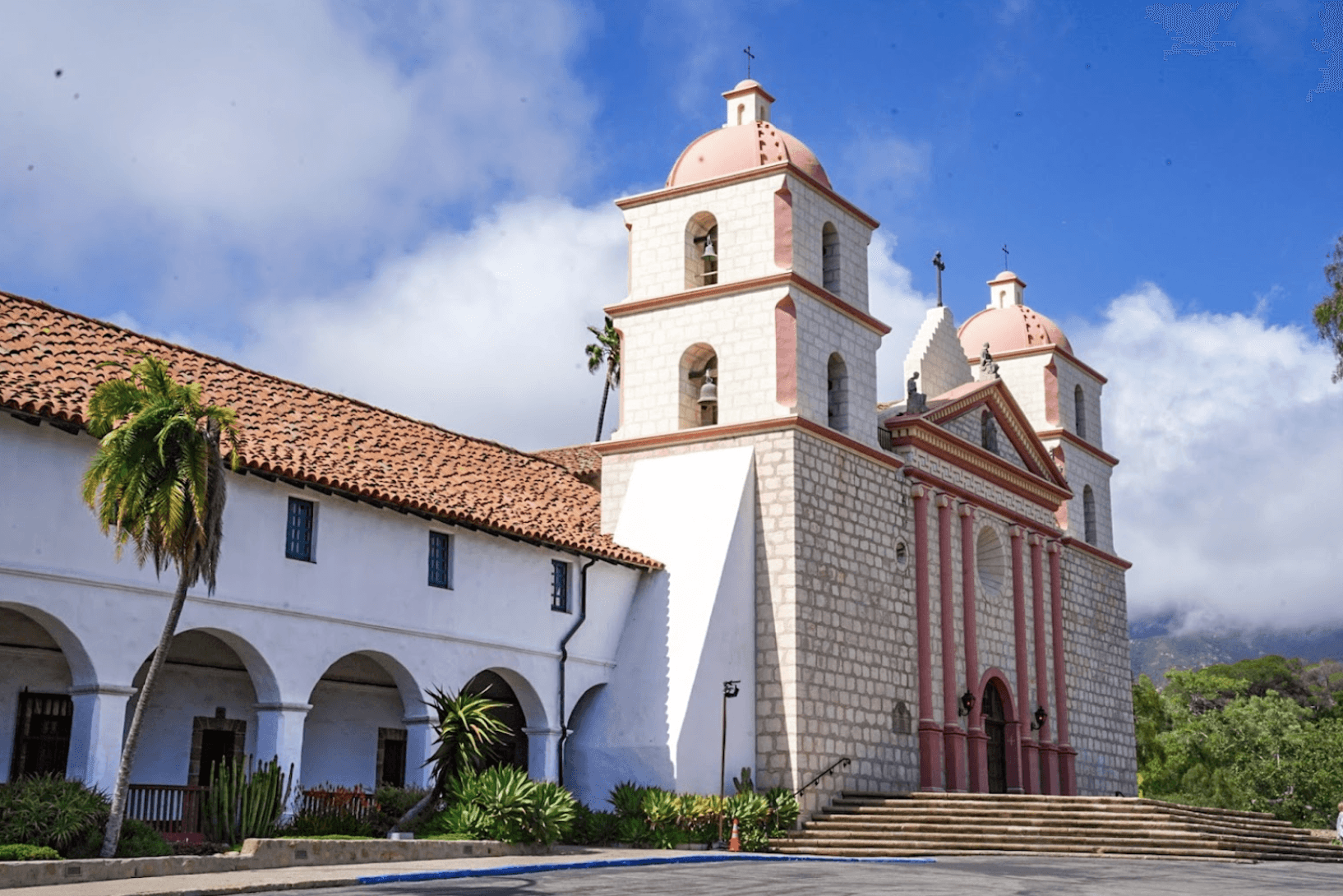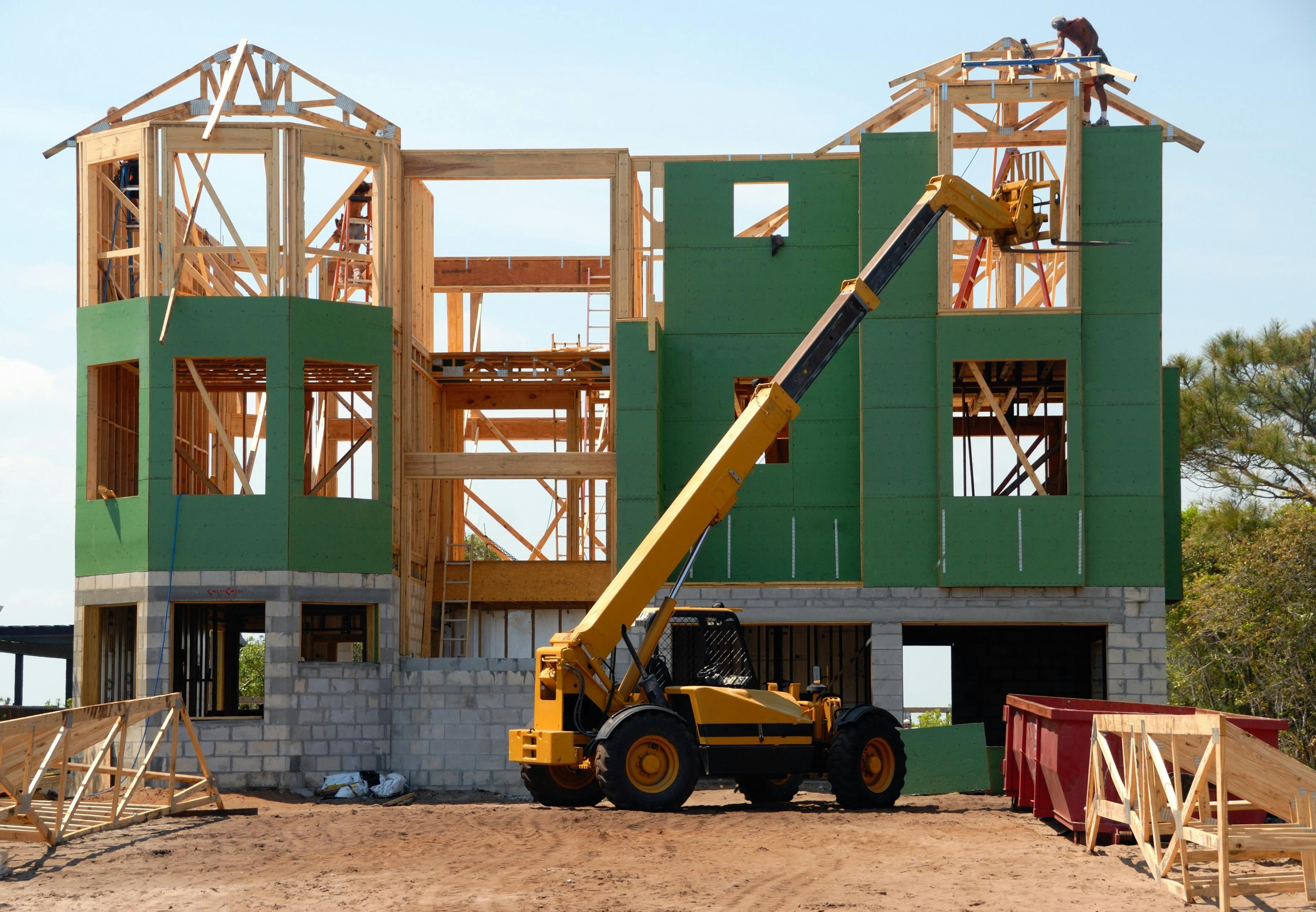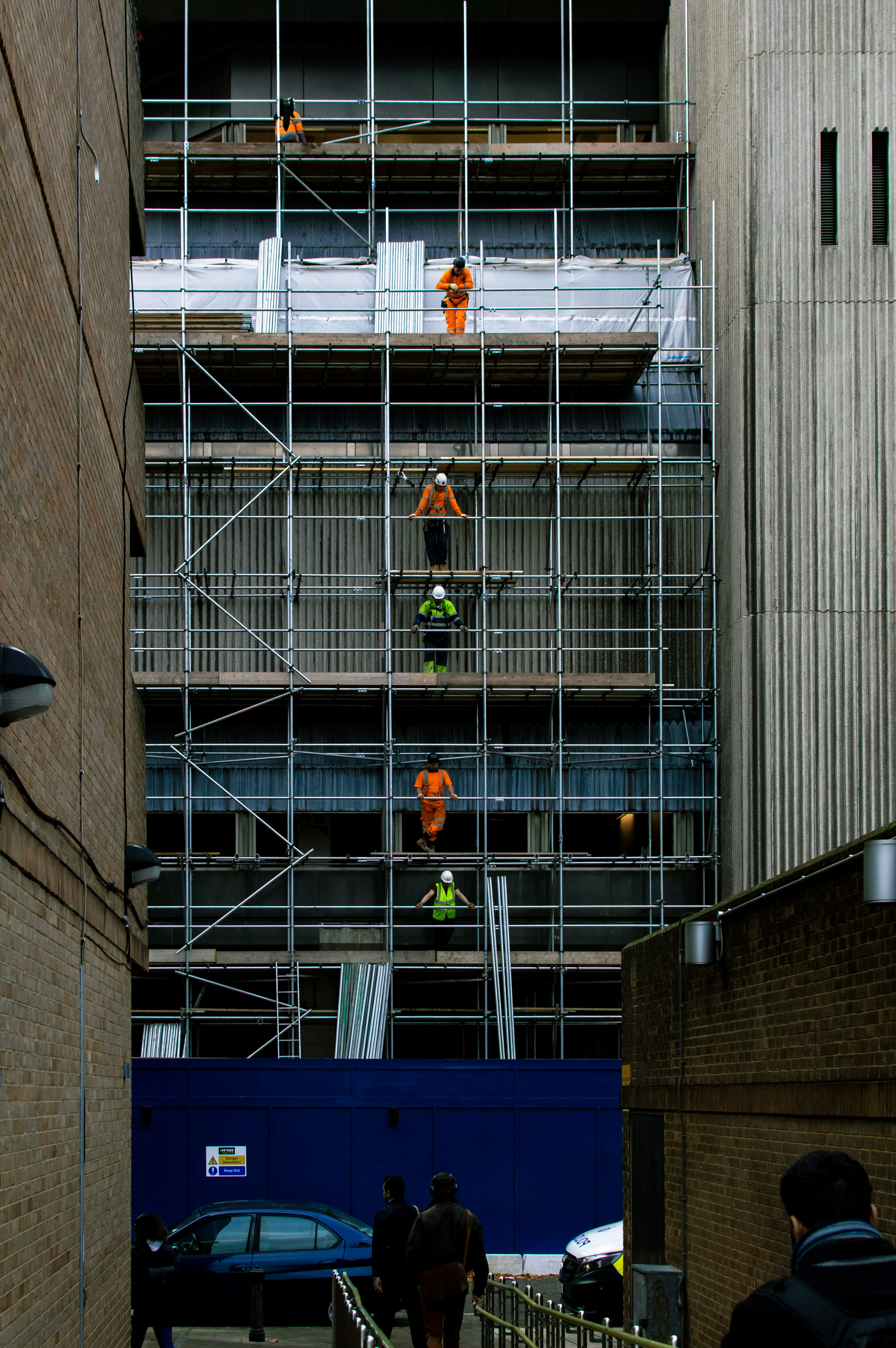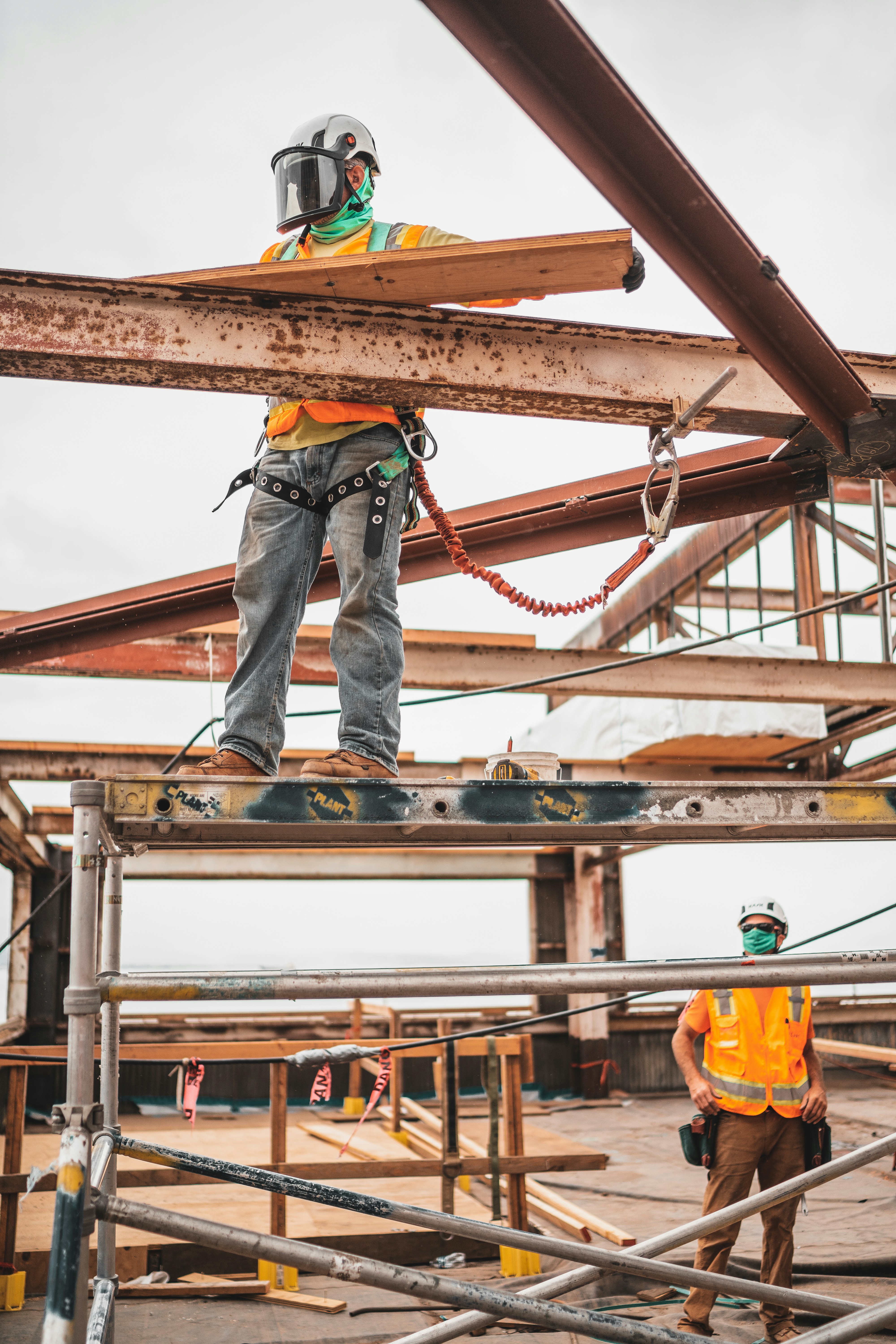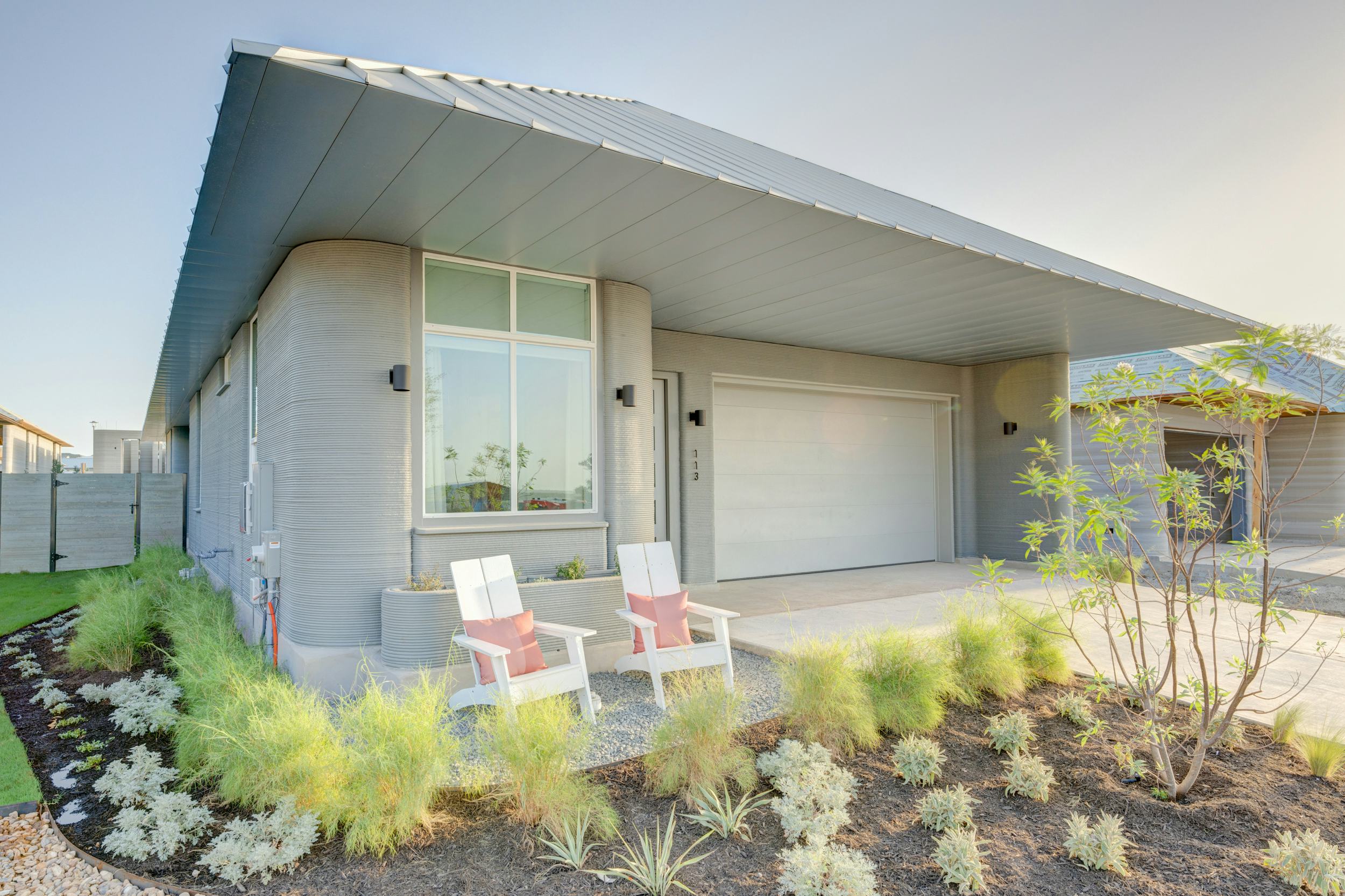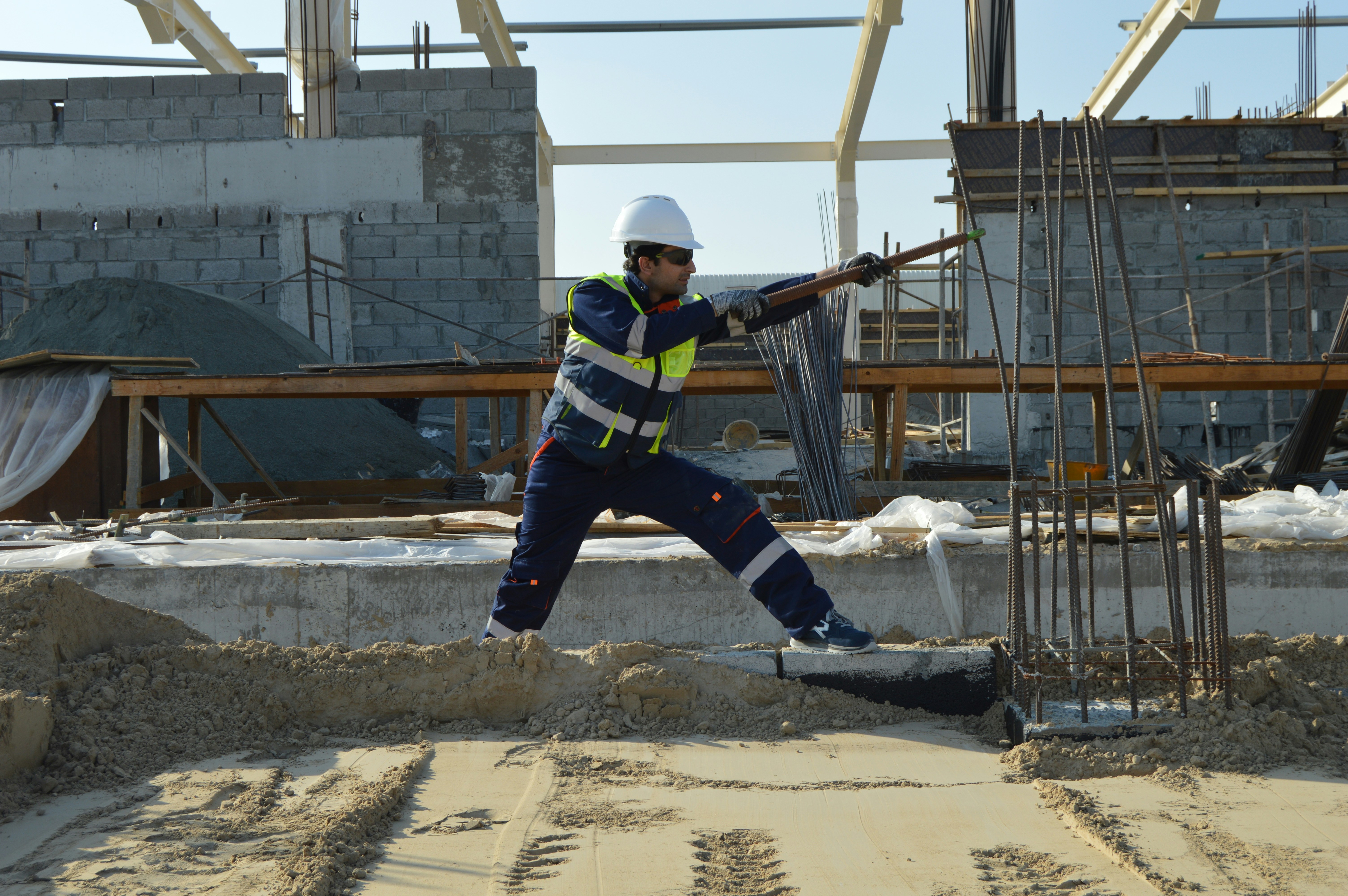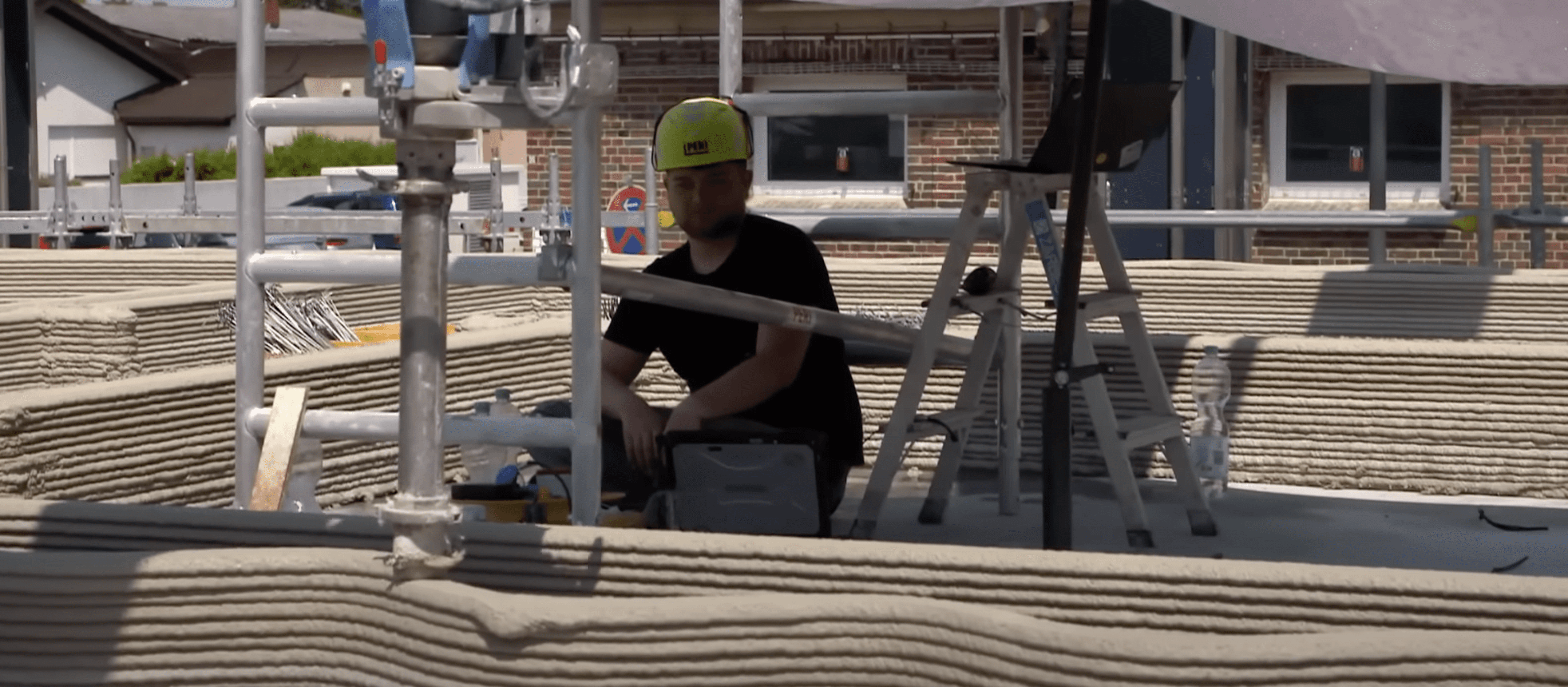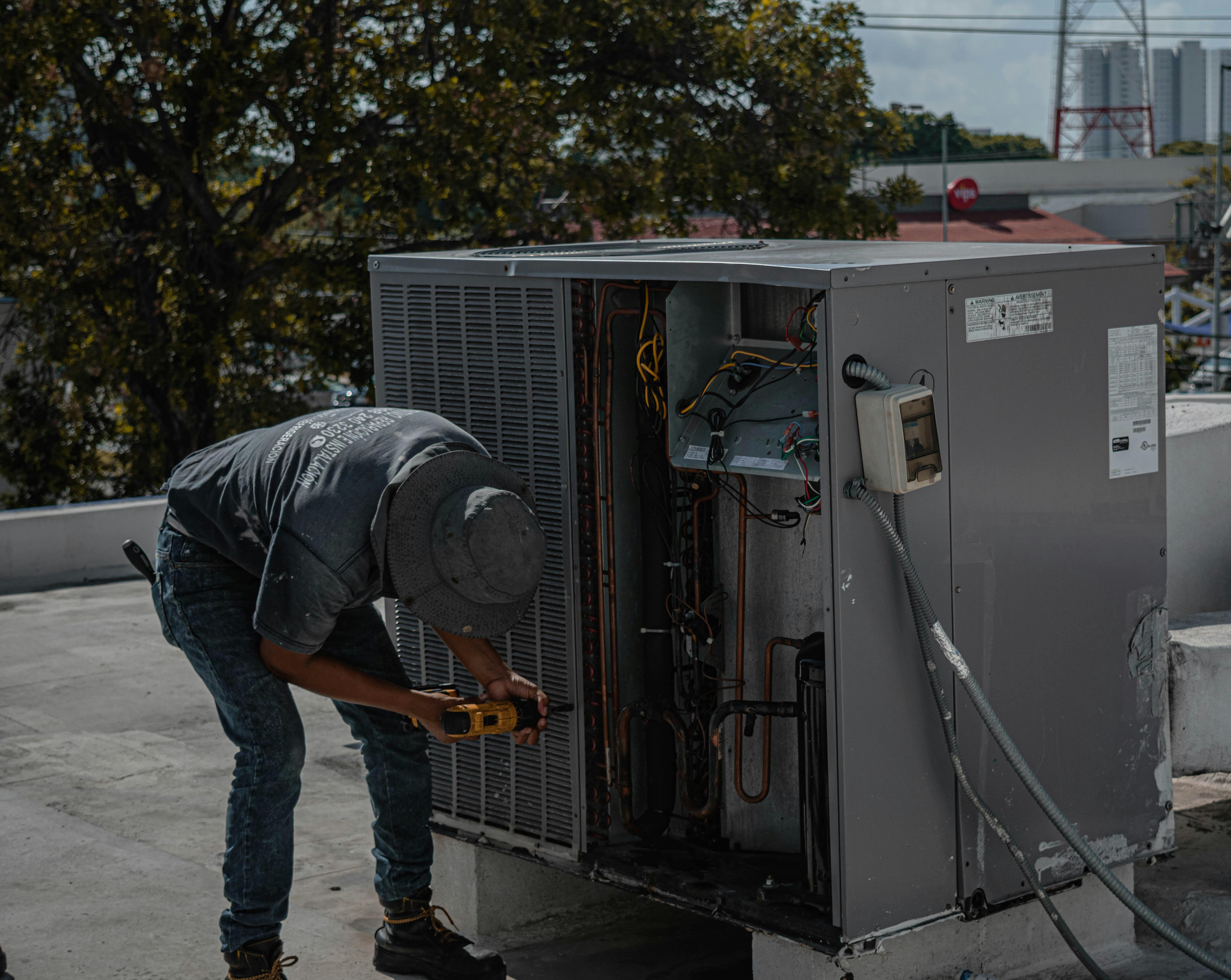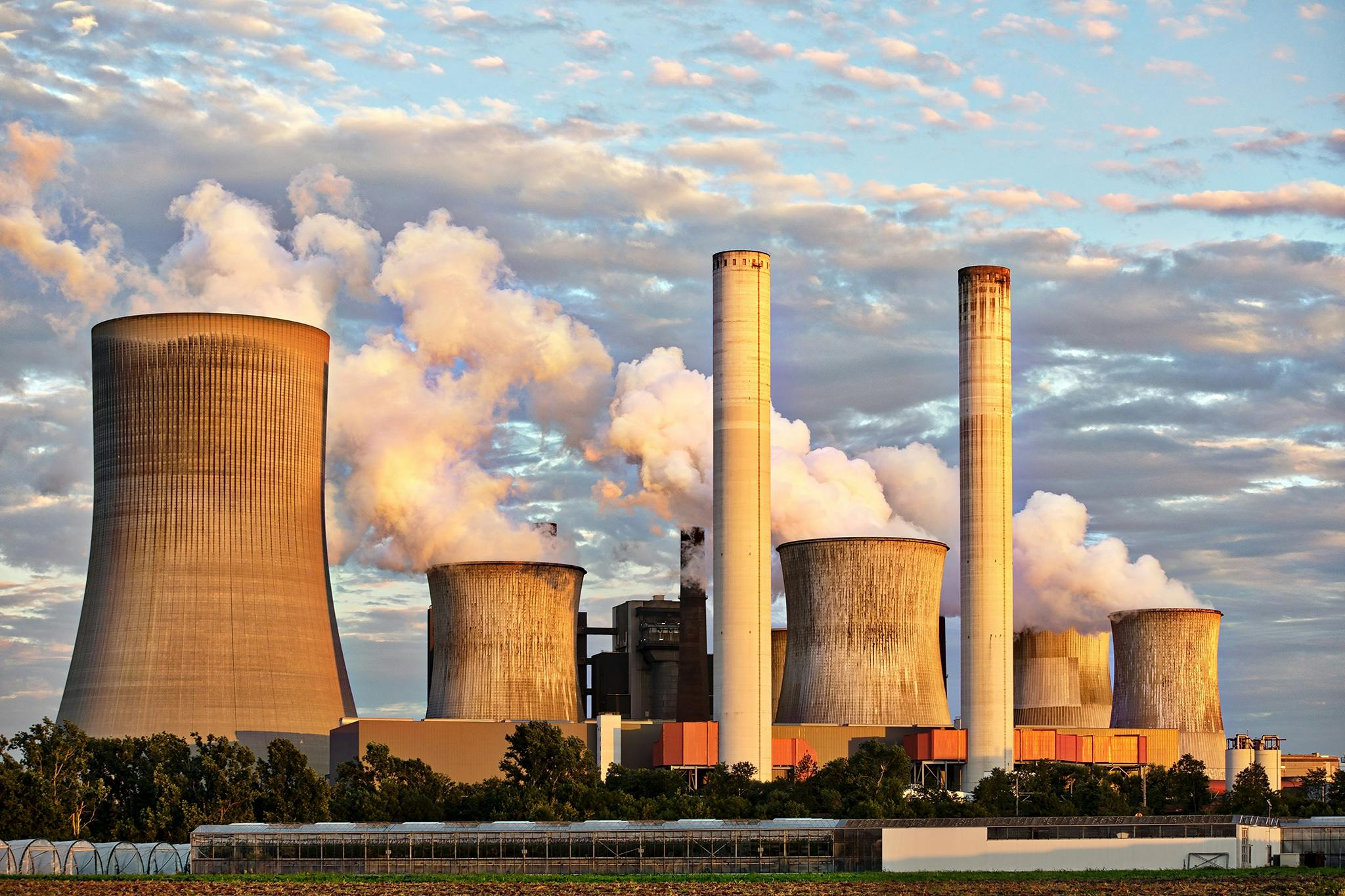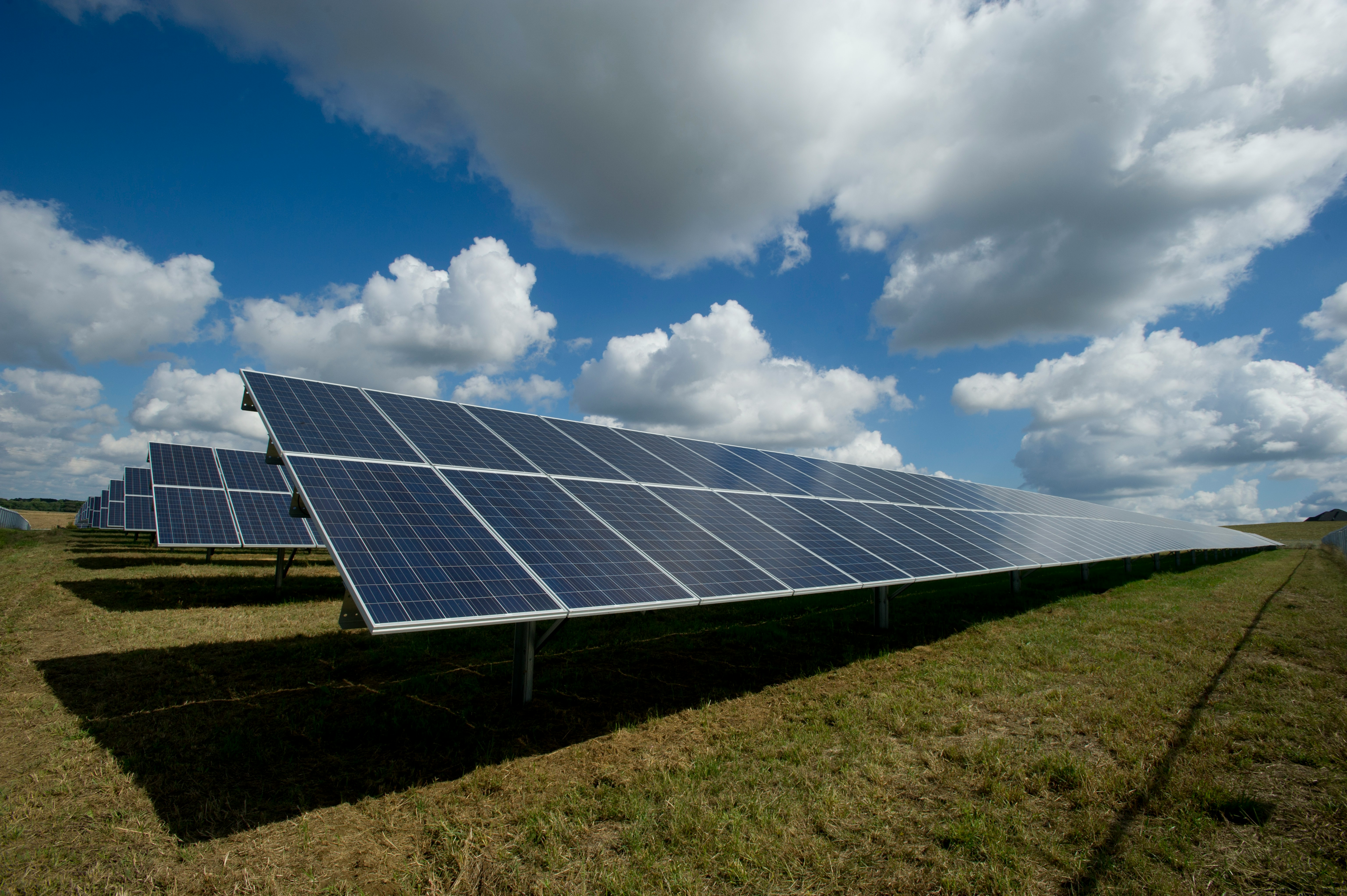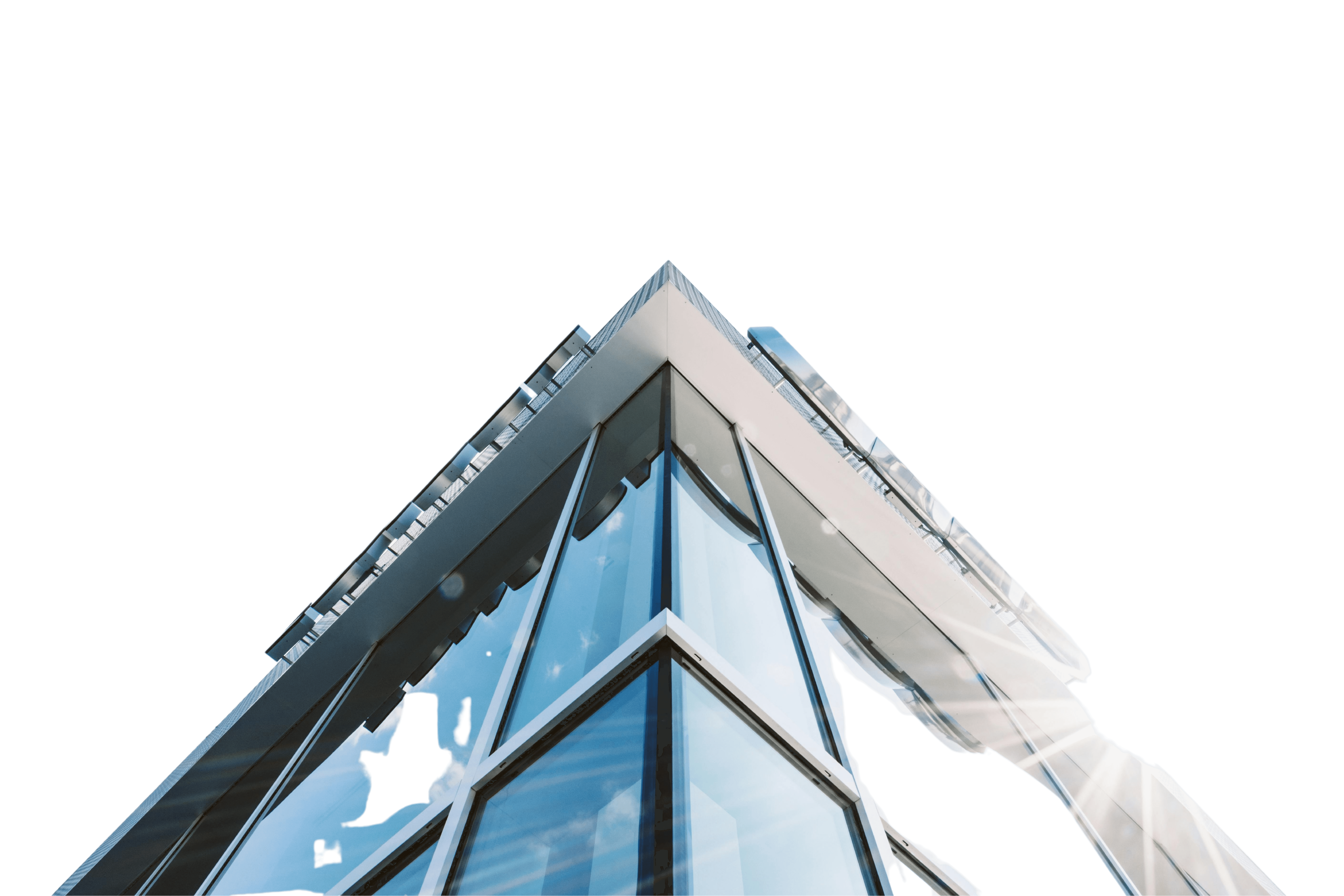
With the conclusion of the 2024 U.S. Presidential election, leaders across architecture, construction, climate, and real estate industries have shared a range of expectations for how political shifts may influence future policies, regulatory trends, and sustainability efforts. Construction professionals now have an opportunity to consider how these perspectives might shape their approach to planning, project development, and industry positioning in the coming years.
This article captures key themes from various industry perspectives, providing insights for construction and engineering professionals as they prepare for potential changes in the economic and regulatory landscape.
Diversity and Workforce Equity Goals
In response to anticipated changes in federal support, some industry voices emphasize the importance of maintaining efforts toward a diverse and inclusive workforce. This viewpoint encourages companies to consider strengthening internal programs focused on equitable career advancement, particularly for underrepresented groups. Leaders suggest that such initiatives are essential to building a resilient and skilled workforce that mirrors the diversity of communities across the country. For construction firms, supporting workforce diversity could not only align with organizational values but also enhance team collaboration and community trust.
Real Estate and Regulation Adjustments
Several real estate organizations indicate that potential adjustments to regulatory policies may offer fewer restrictions on housing development and rental management, which some view as beneficial for streamlining property investments and construction processes. However, others within the industry acknowledge that these shifts may raise questions around housing affordability and accessibility. Construction stakeholders might consider these factors as they assess how the evolving regulatory environment could impact both project feasibility and community relations in the long term.
Sustaining Climate and Environmental Initiatives Locally
Within the sustainability sector, some organizations express that while federal climate policies may face shifts, continued momentum on environmental goals can be maintained through community-driven efforts. These perspectives suggest that construction professionals should prioritize energy-efficient and sustainable practices in their projects, regardless of broader policy directions. Many view local action as a critical driver of environmental progress, offering firms the chance to build lasting, eco-friendly infrastructure that meets the growing demand for sustainable development.
Supporting Inclusive, Community-Oriented Design
Architecture groups have highlighted the importance of promoting inclusive and community-centered spaces that foster a sense of shared purpose. This approach encourages construction professionals to consider how their projects can contribute to a more inclusive built environment, enhancing accessibility and reflecting diverse community needs. For firms that adopt these practices, the result may be stronger connections with clients and end users who value equity and environmental responsibility in design and development.
Growth Opportunities Through Workforce and Regulatory Shifts
In the construction sector, some industry voices are optimistic about potential growth stemming from reduced regulatory constraints and new workforce development opportunities. Anticipating an easing of compliance demands, firms may be able to redirect resources toward addressing skilled labor shortages and accelerating project timelines. However, with greater autonomy, construction companies will likely need to emphasize self-regulation and uphold high standards in areas such as worker safety and environmental responsibility, ensuring quality and accountability across their projects.
Advancing Green Workforce Initiatives
Organizations focused on sustainability continue to prioritize workforce development in green building practices, viewing it as essential for advancing environmental goals. Aligning with initiatives that encourage energy-efficient construction standards and low-carbon practices could help firms stay competitive in a market that increasingly favors eco-conscious developments. By preparing their workforce for these standards, construction firms can attract clients who prioritize sustainability and meet the growing demand for green infrastructure.
Infrastructure Needs and Public Utility Focus
Leaders in infrastructure underscore the importance of addressing essential services, from clean water systems to broadband expansion, that are vital to communities nationwide. These organizations emphasize the need for continued public investment to modernize utilities and ensure reliable access to key resources. Construction firms with expertise in infrastructure work may find significant opportunities in upcoming projects focused on these critical systems, positioning them to support long-term community needs.
Renewable Energy Opportunities
In the renewable energy space, industry advocates highlight continued interest in solar and energy storage projects as avenues for supporting sustainable growth. Construction professionals can consider how integrating renewable energy technologies into their offerings could meet rising client demand for environmentally responsible solutions. Expanding capabilities in areas such as solar installation and energy-efficient design can help firms tap into a growing sector that promotes both economic and environmental benefits.
Collaborative Climate Advocacy
Across the climate advocacy field, many leaders are stressing the importance of bipartisan support for sustainability initiatives, seeing value in working with diverse stakeholders to protect environmental gains. Construction professionals can play a role by integrating eco-friendly practices within their projects and aligning with policies that support sustainability, offering a way to contribute to shared climate goals that resonate across communities and clients alike.
Strategic Planning for an Evolving Landscape
The diverse insights from industry organizations offer construction and engineering professionals a roadmap for navigating the post-election environment. By remaining agile, informed, and proactive in their strategies, industry leaders can help build a resilient sector that balances economic growth with social responsibility, sustainability, and community engagement.
Source(s): www.archpaper.com

